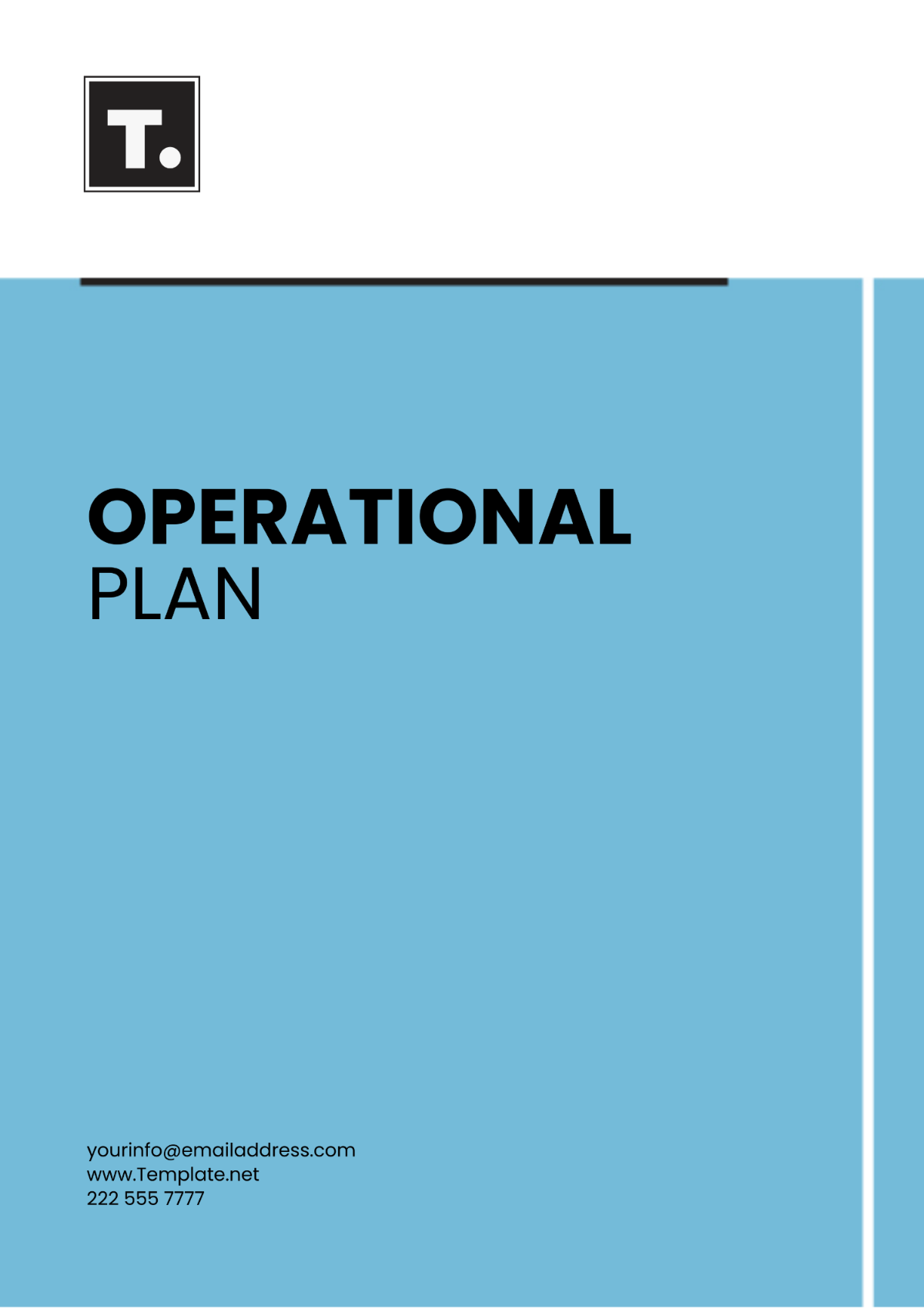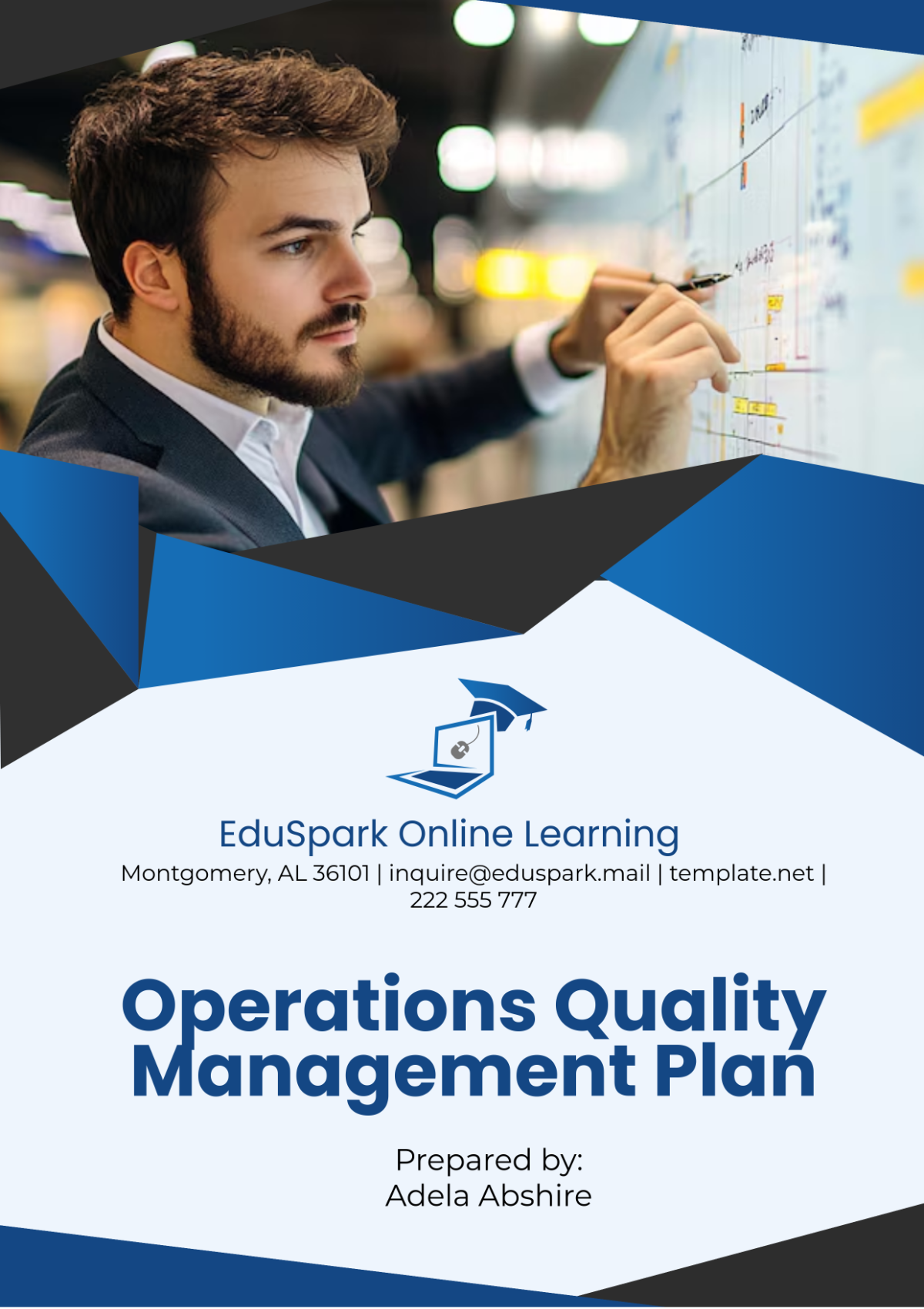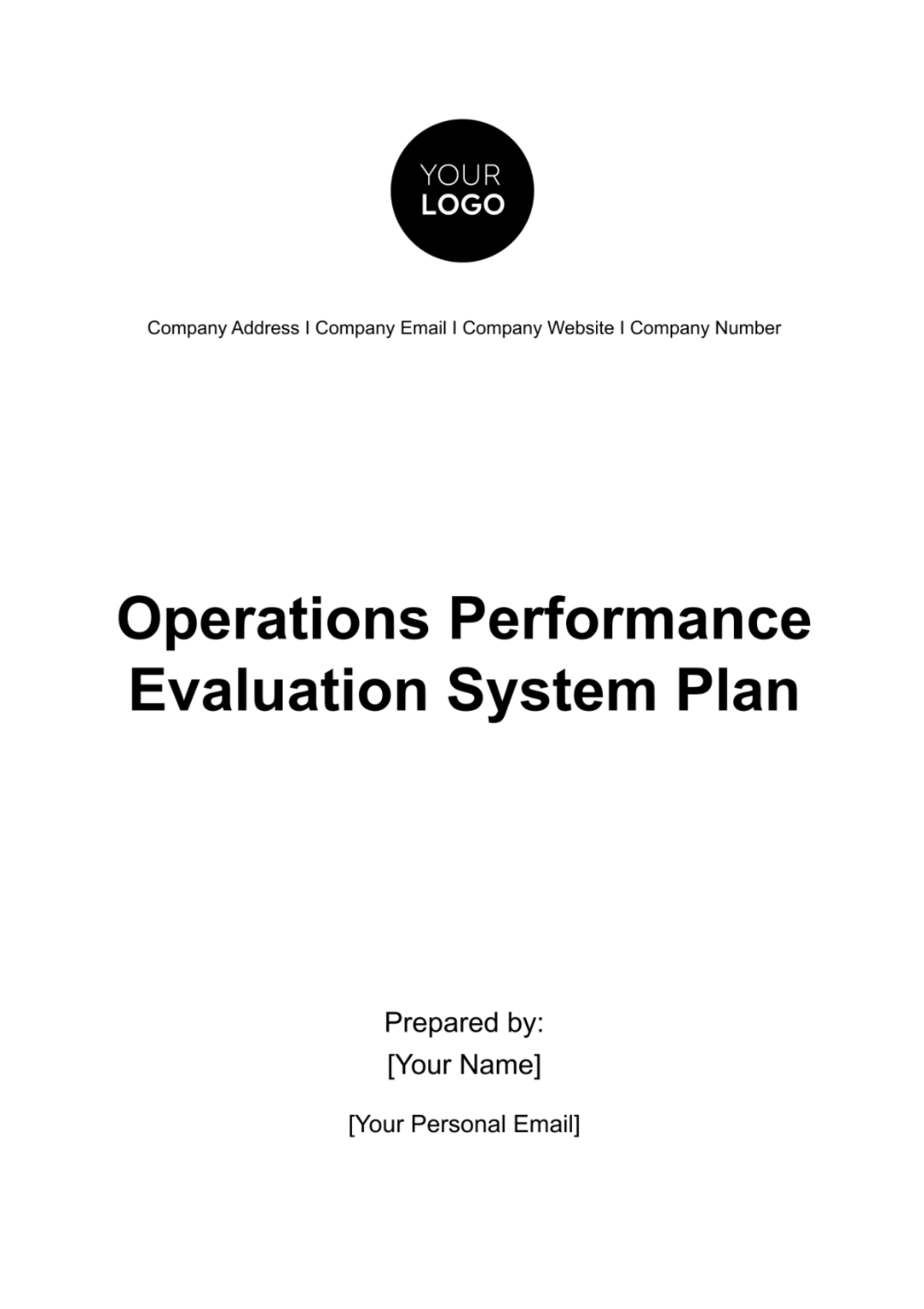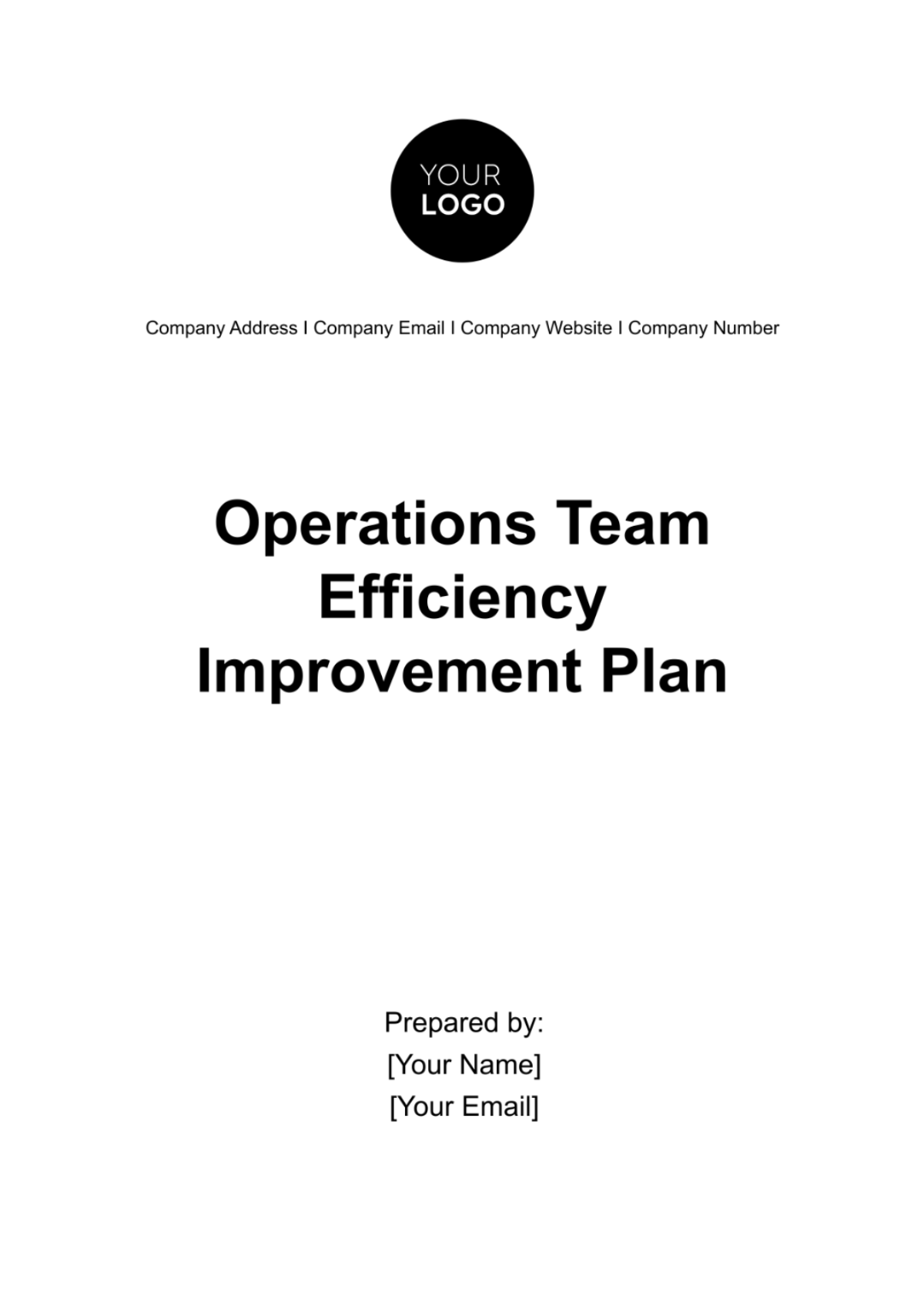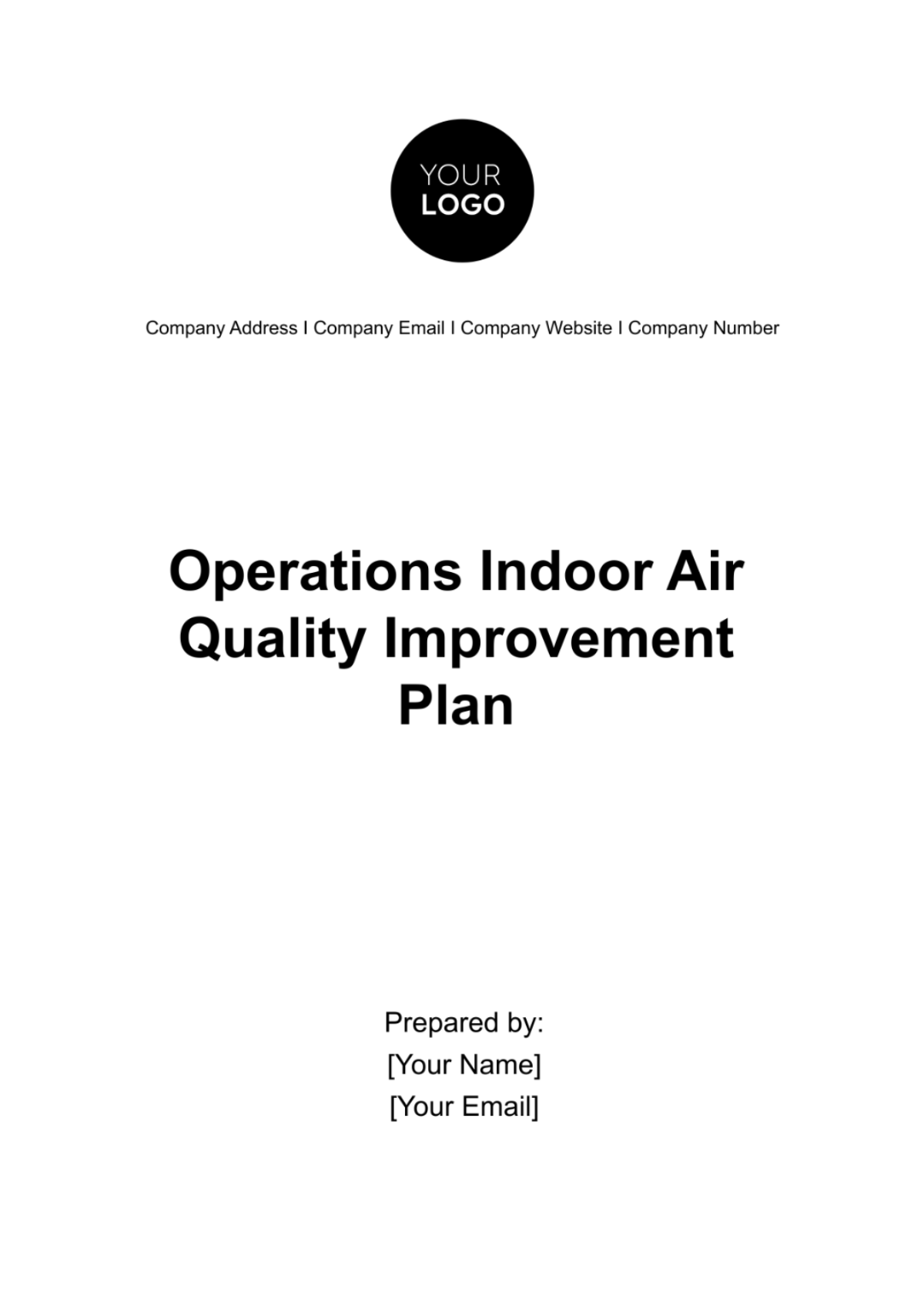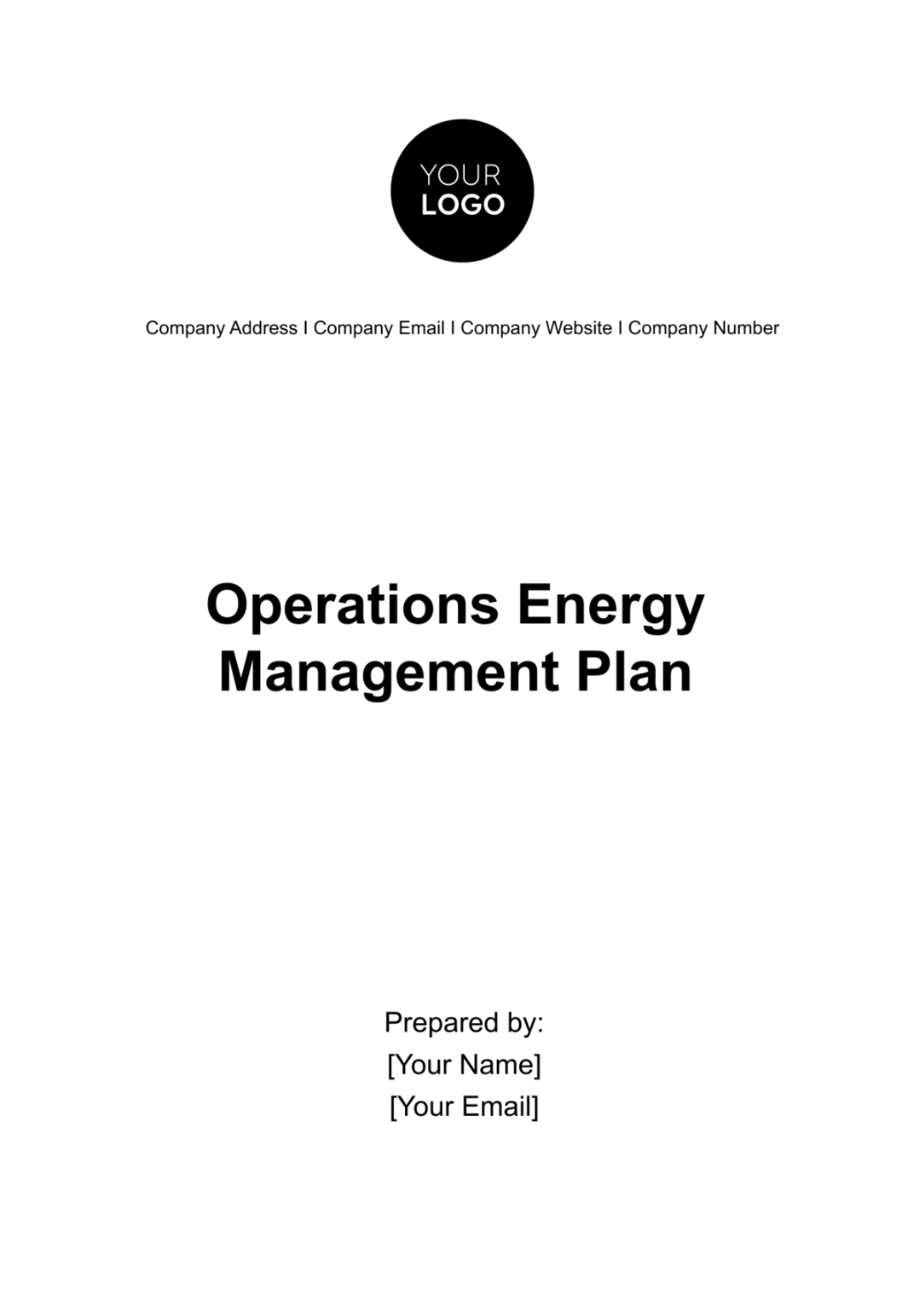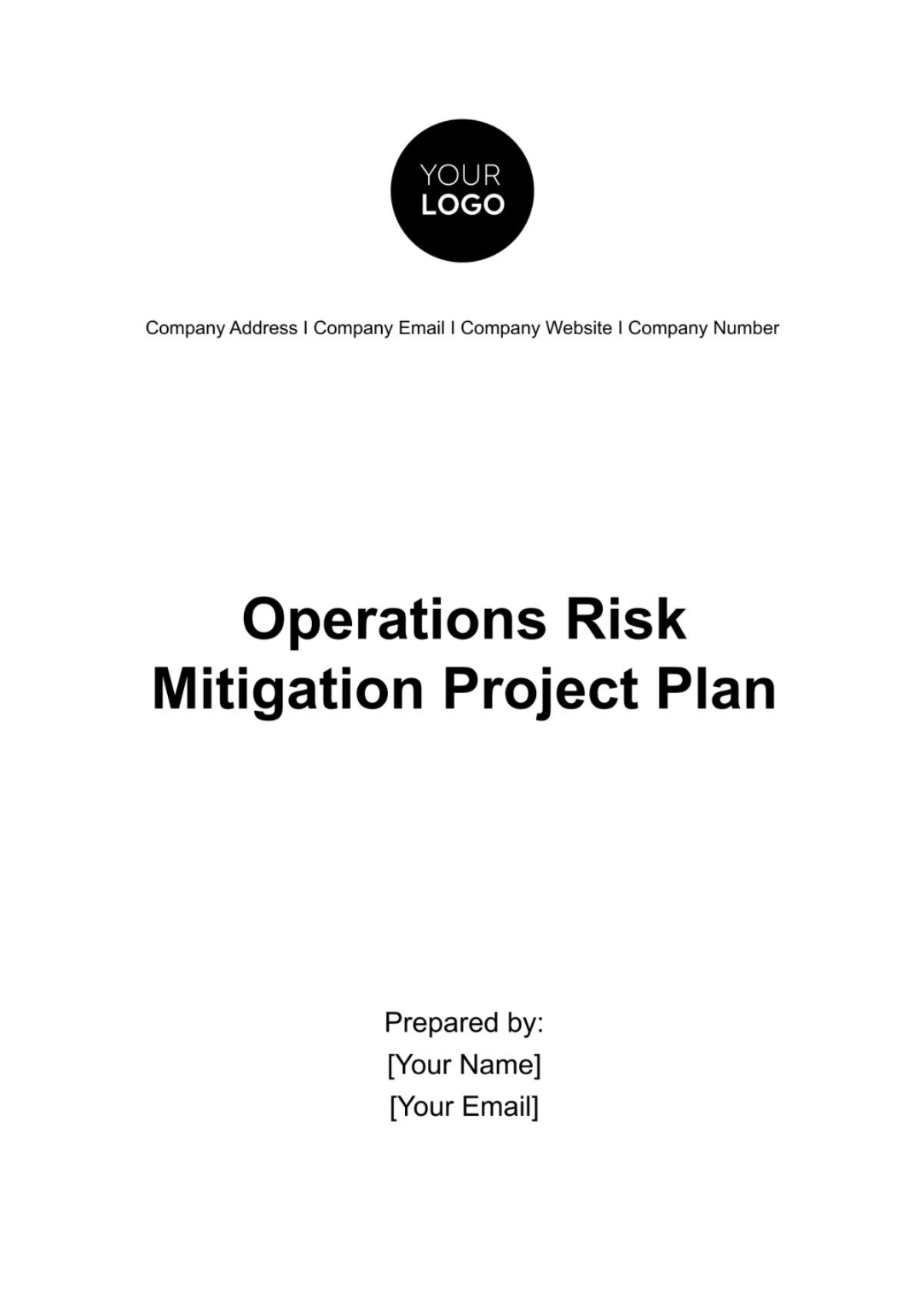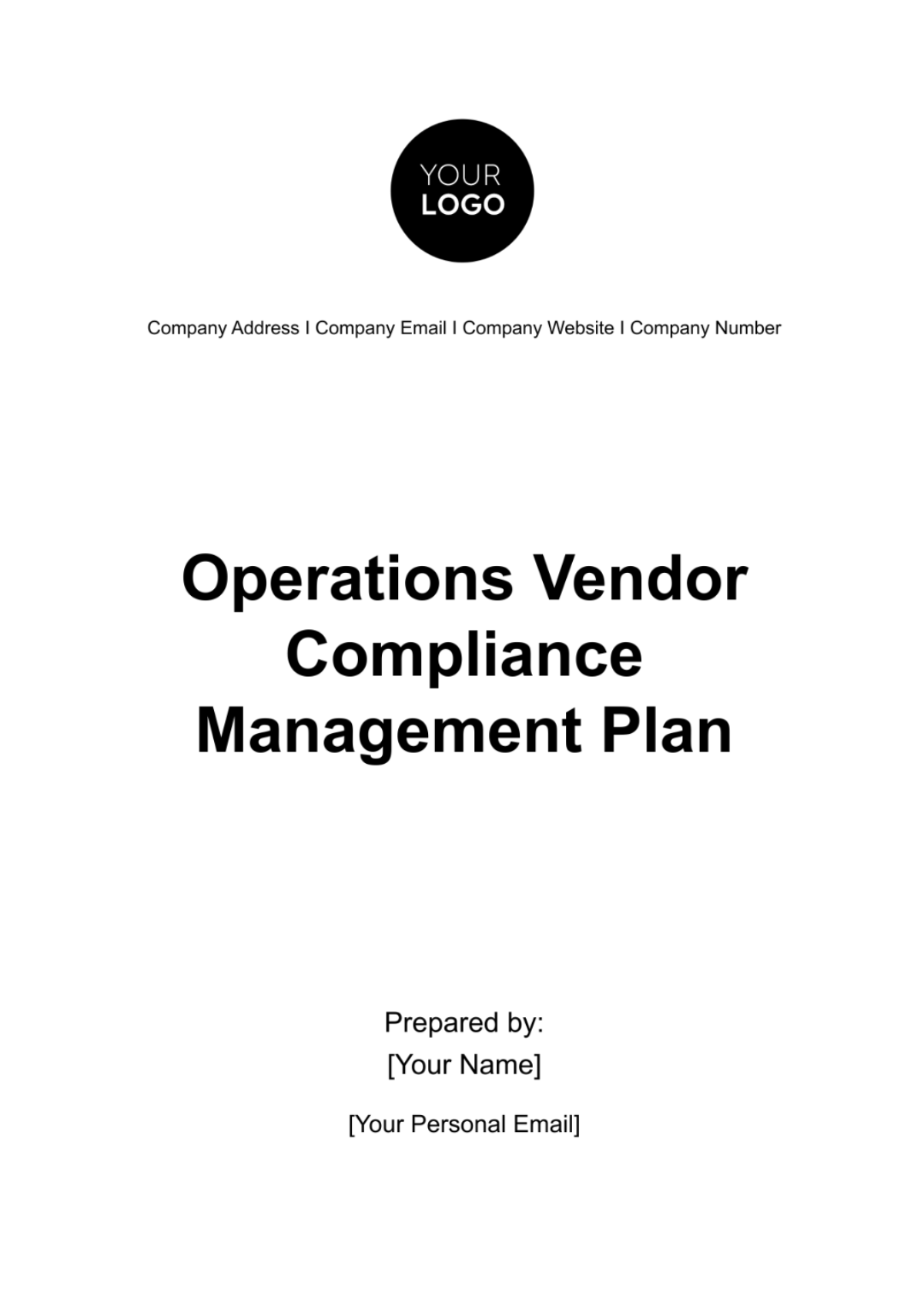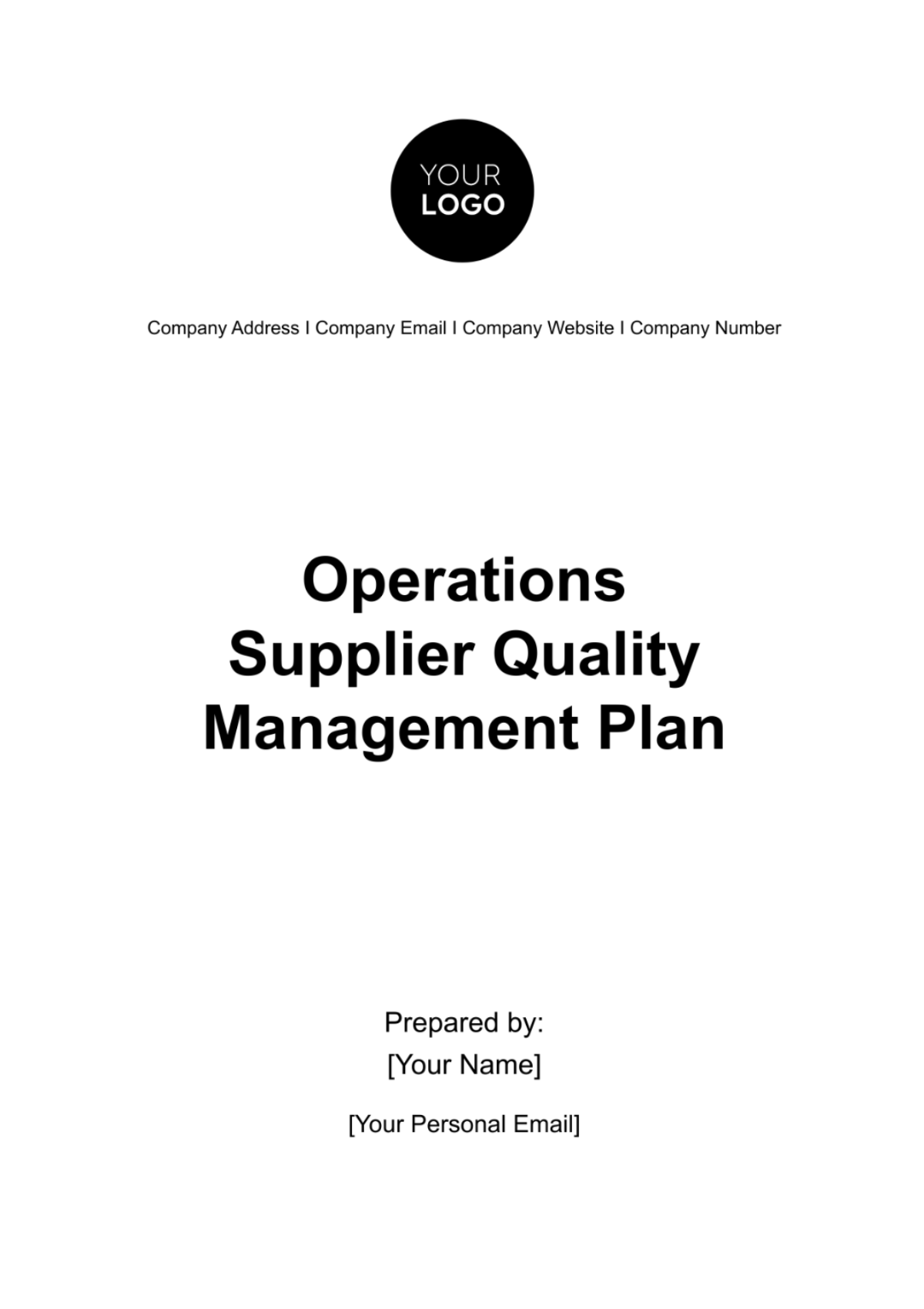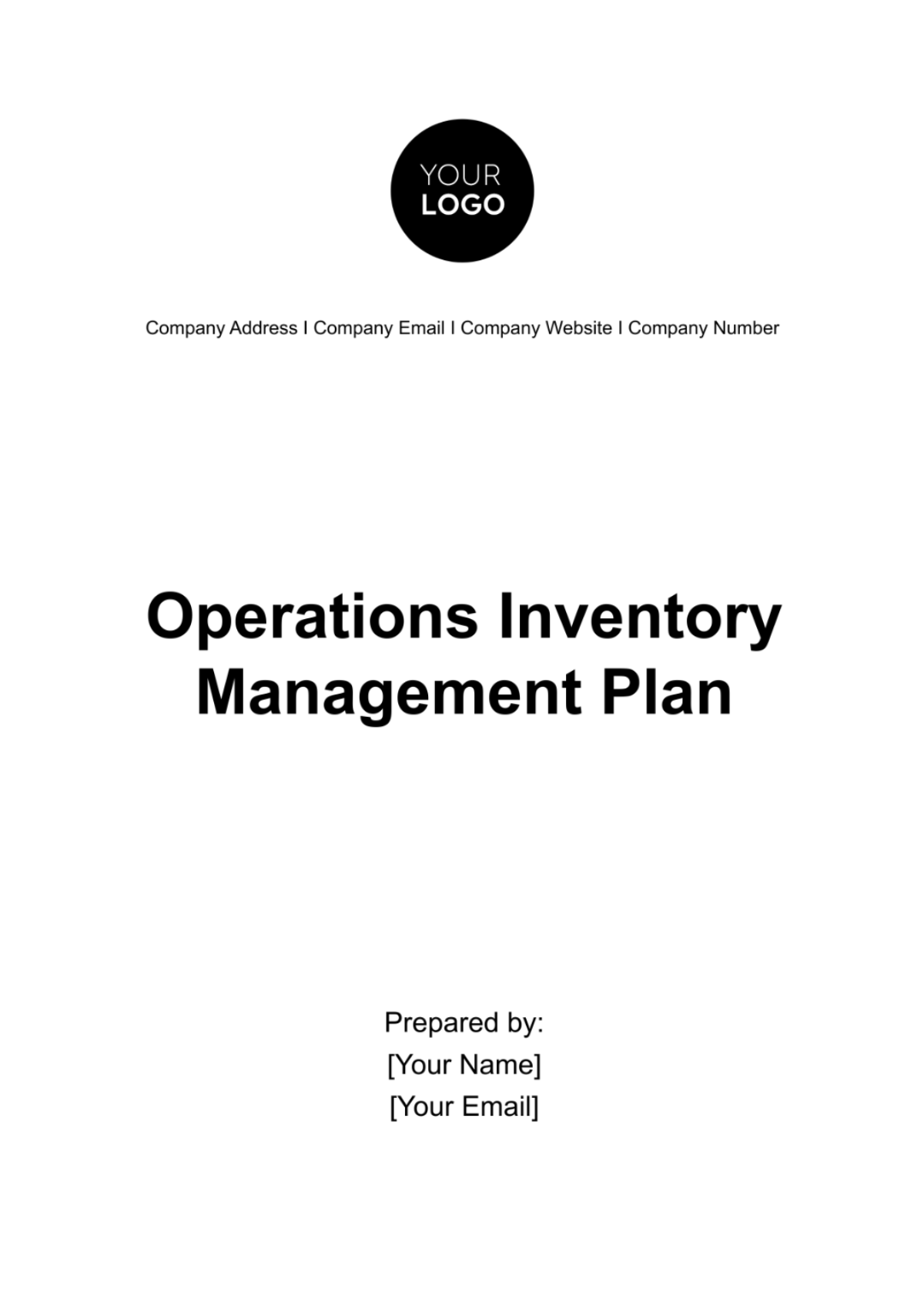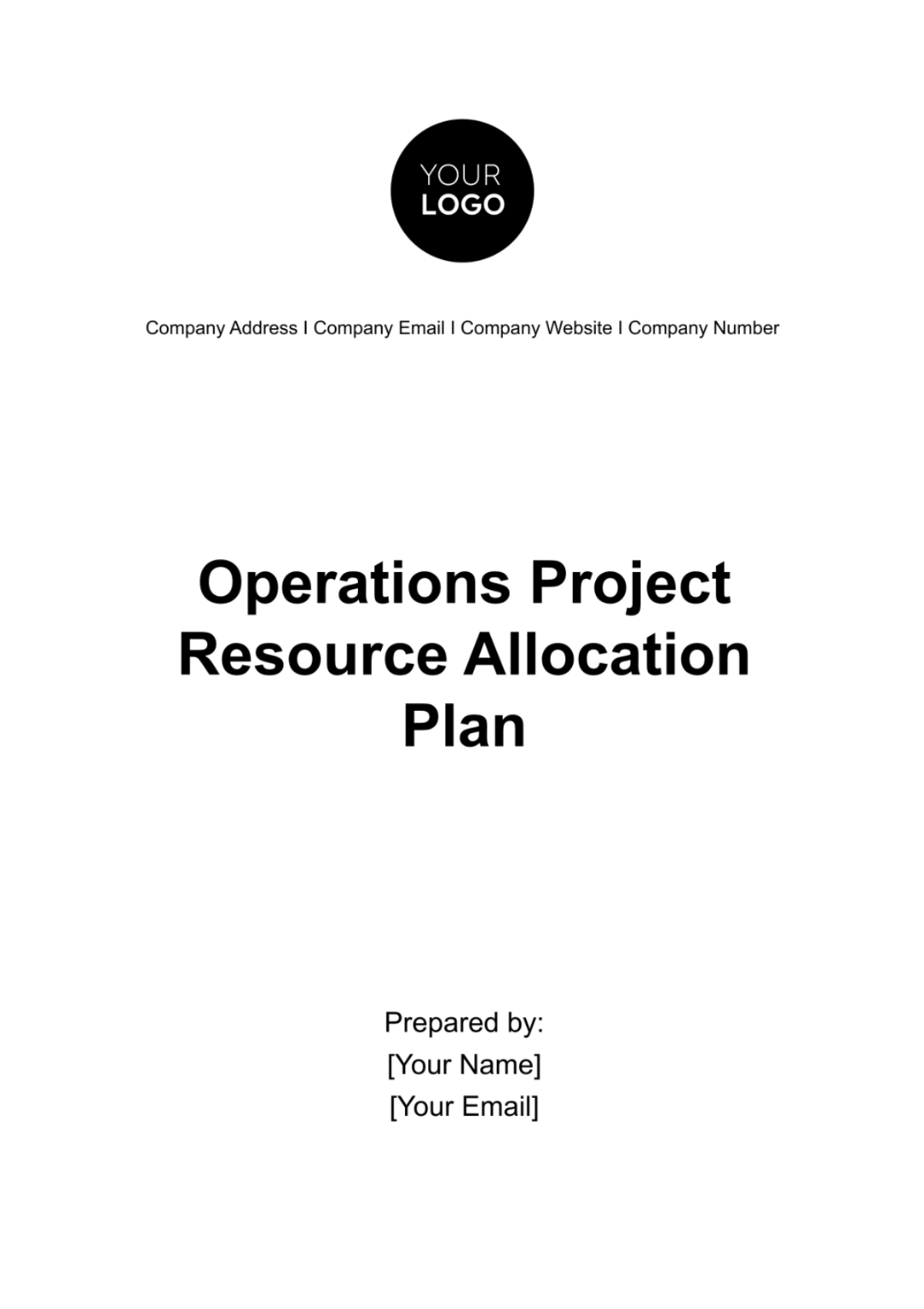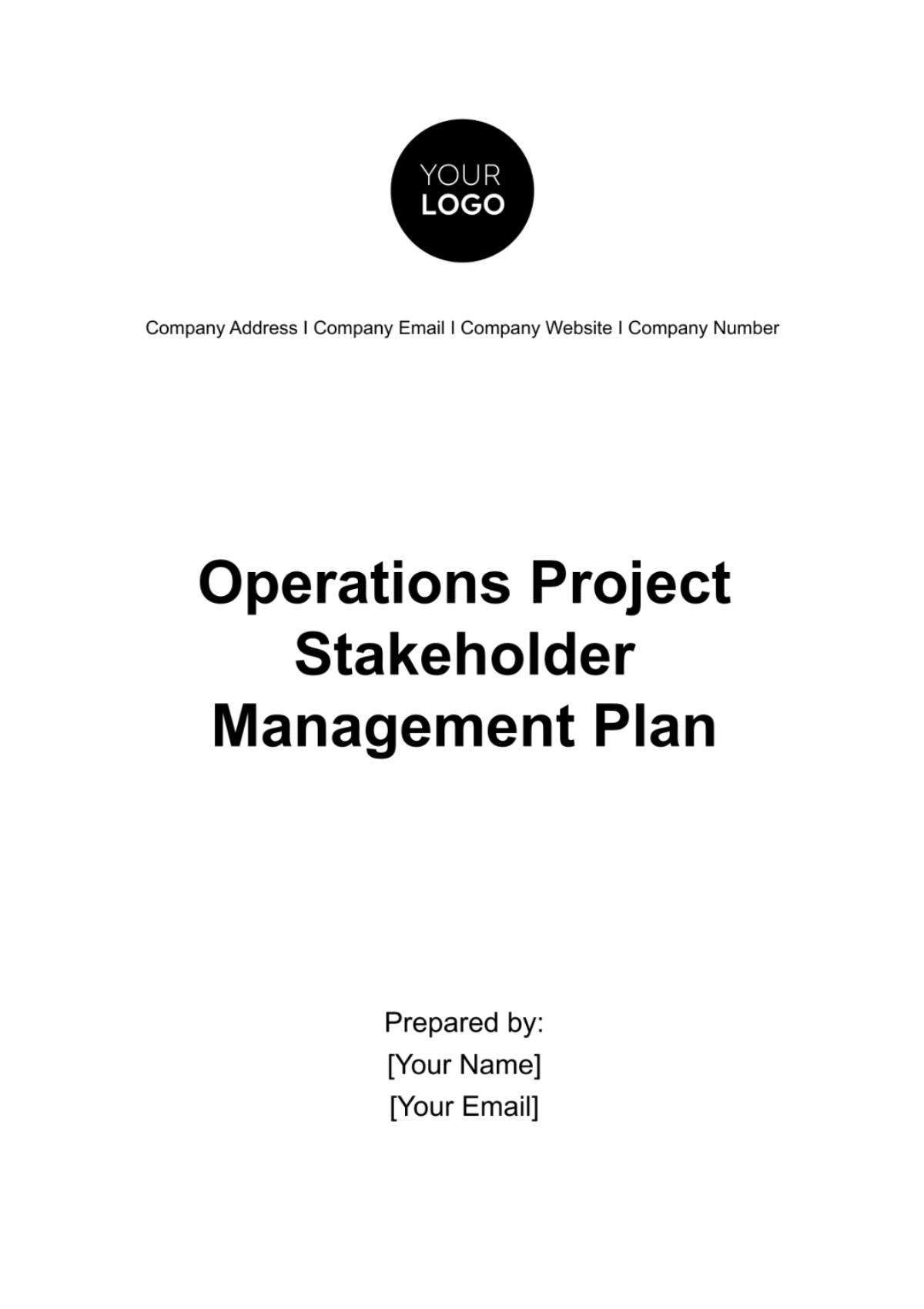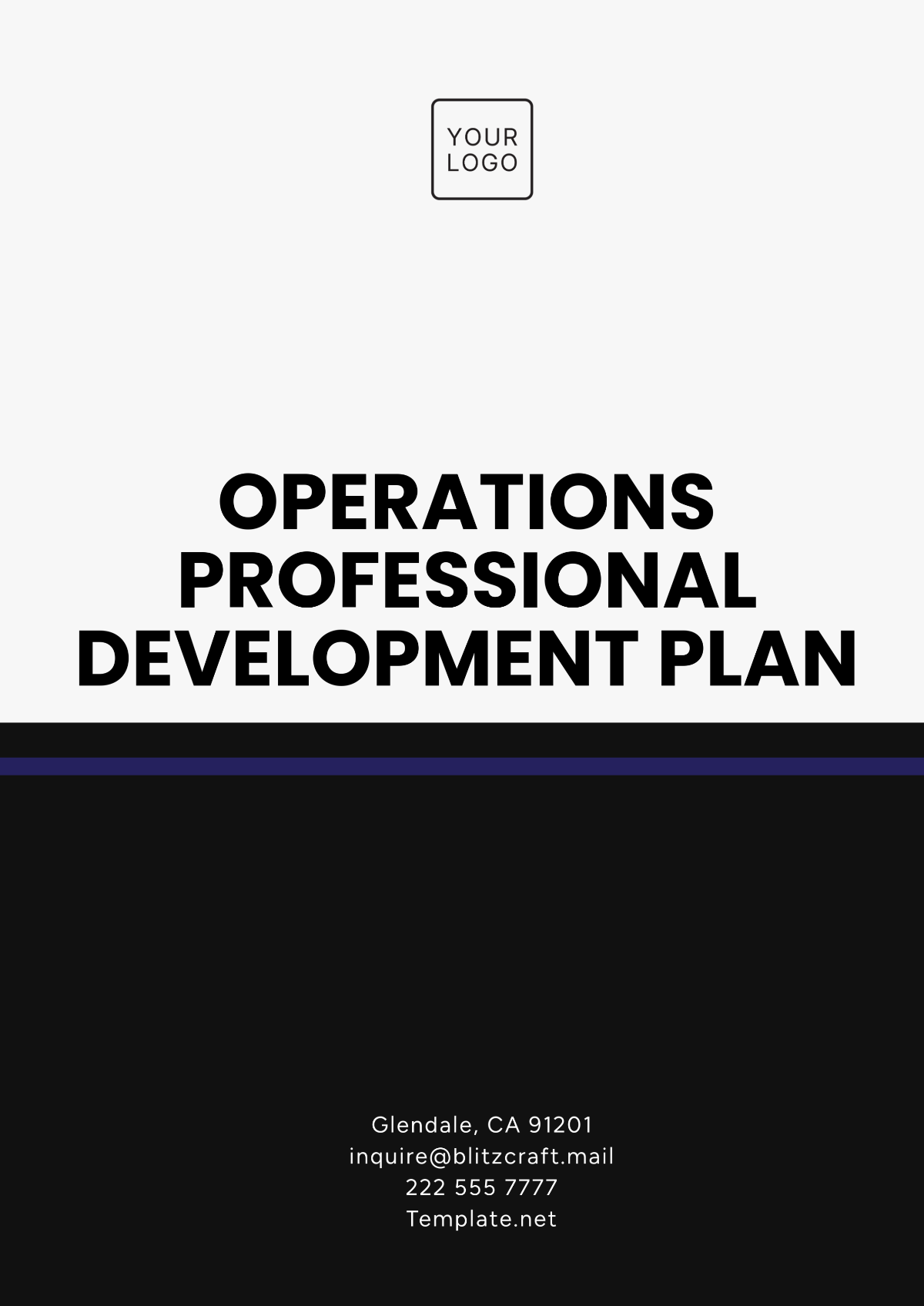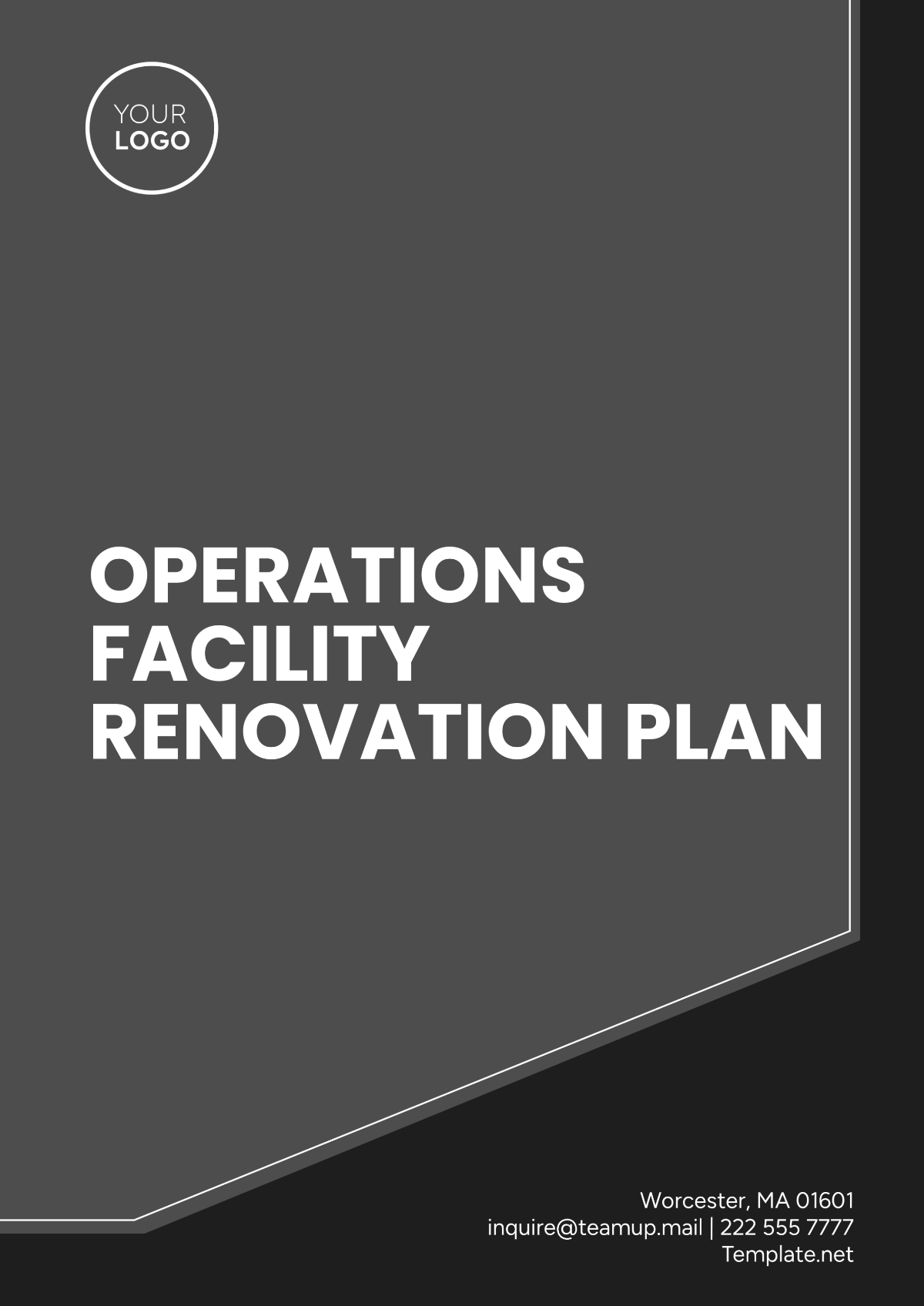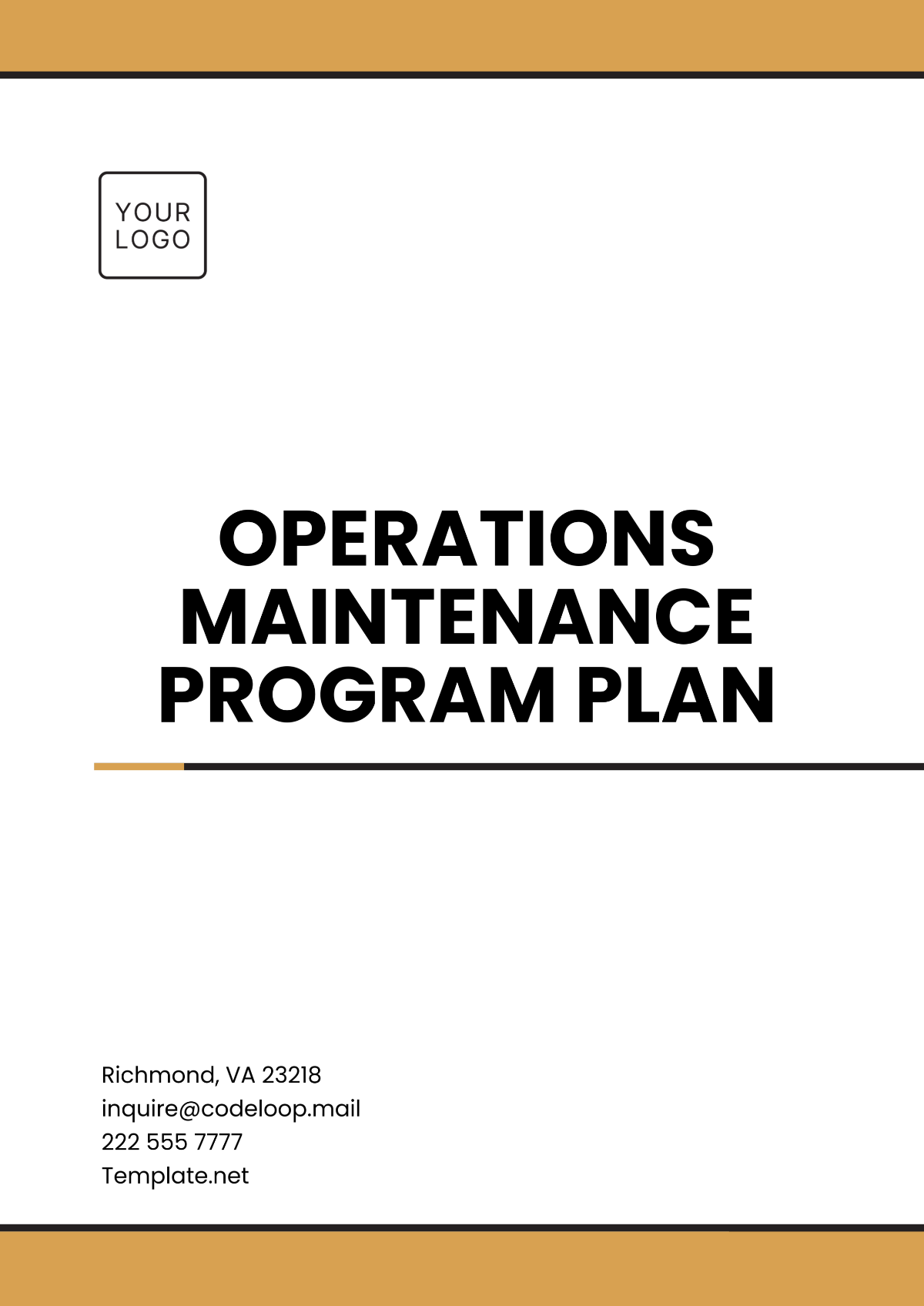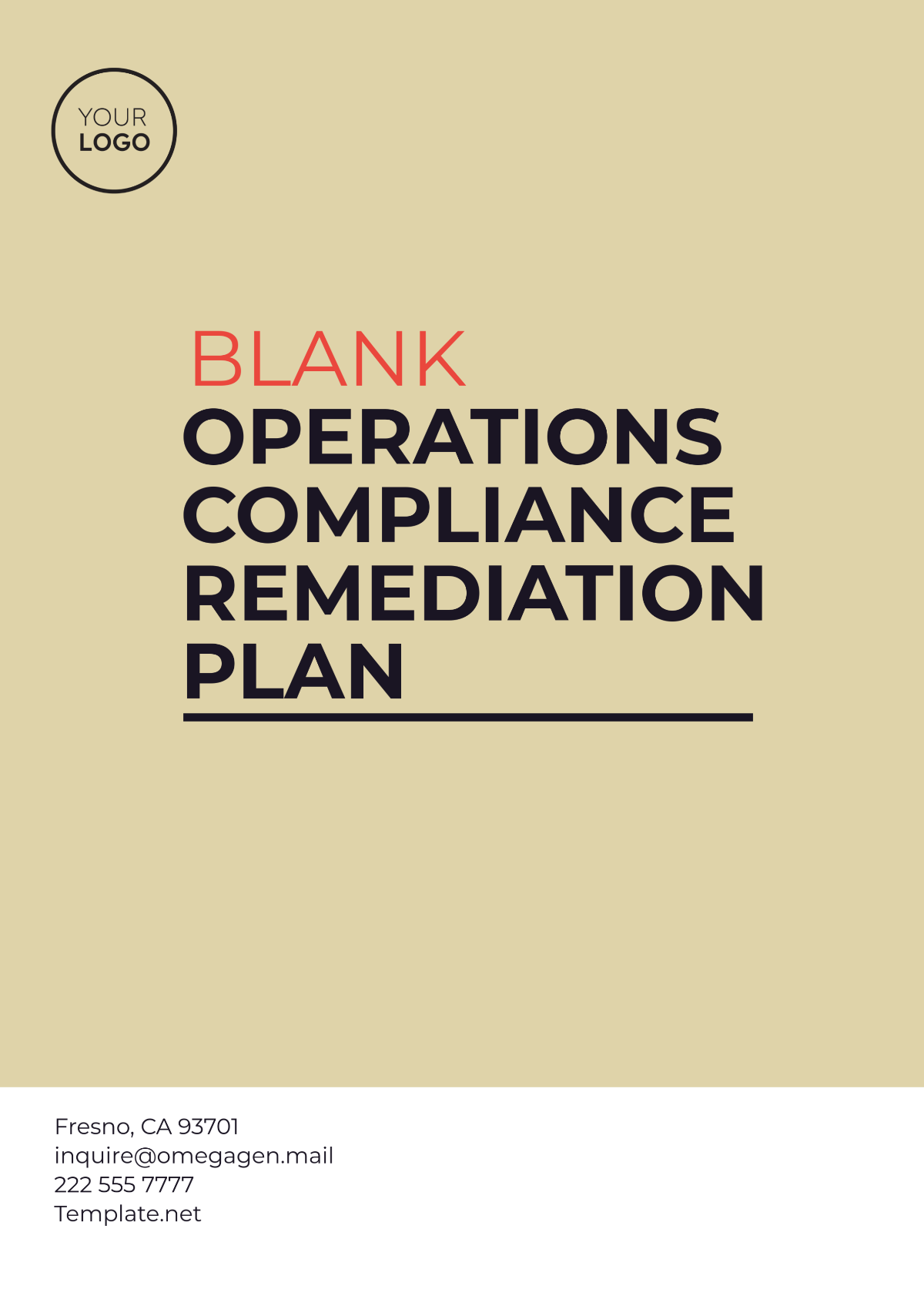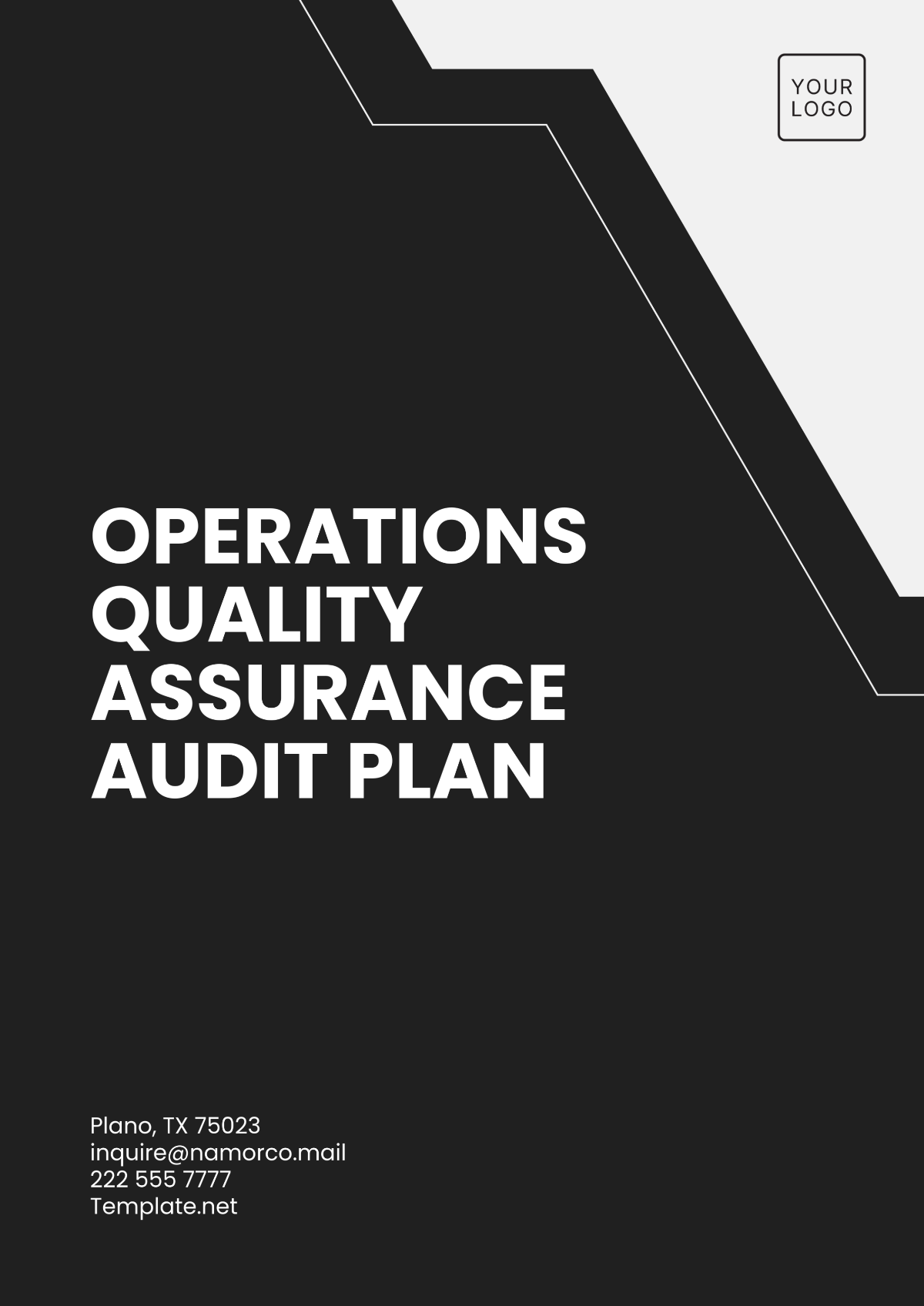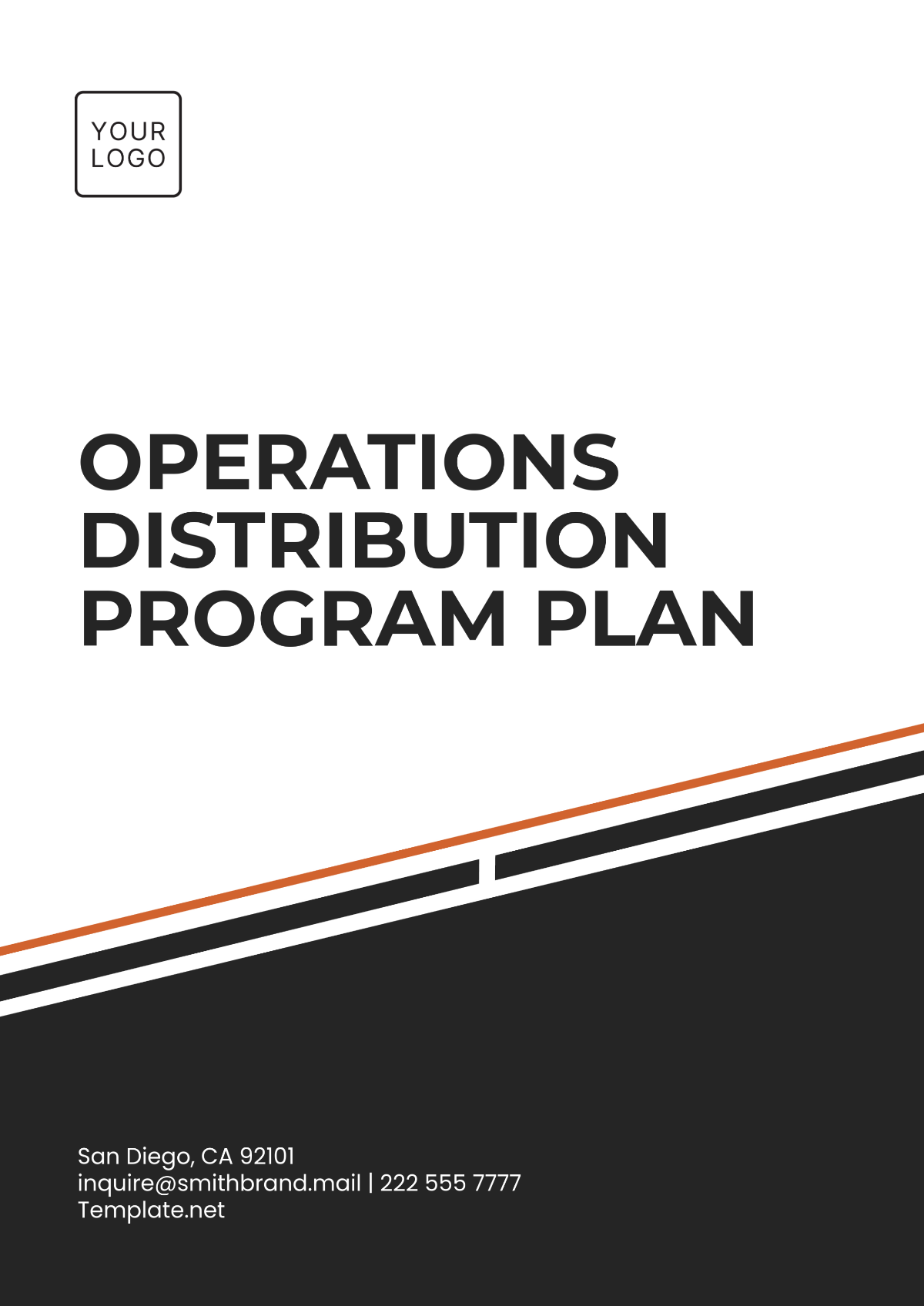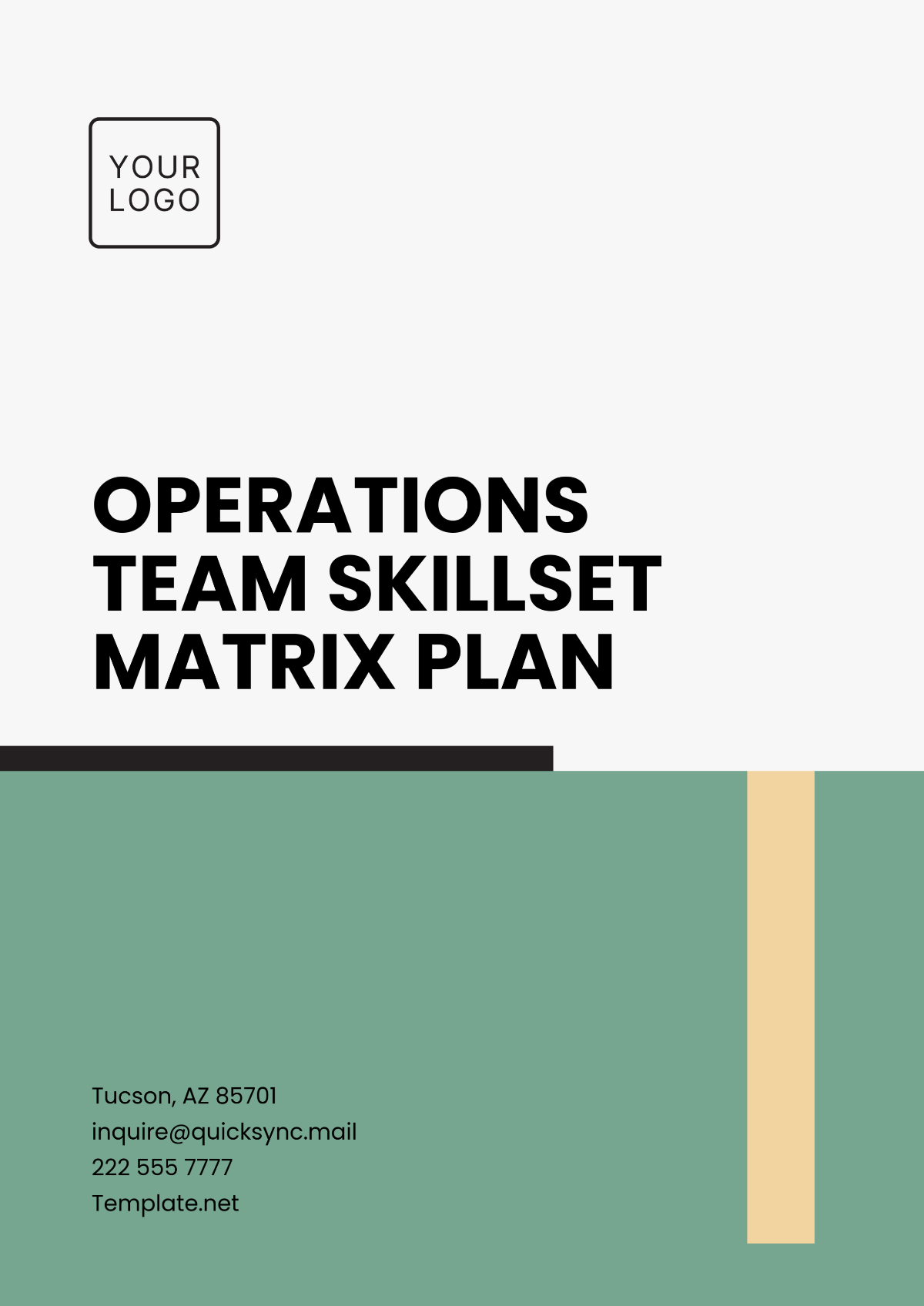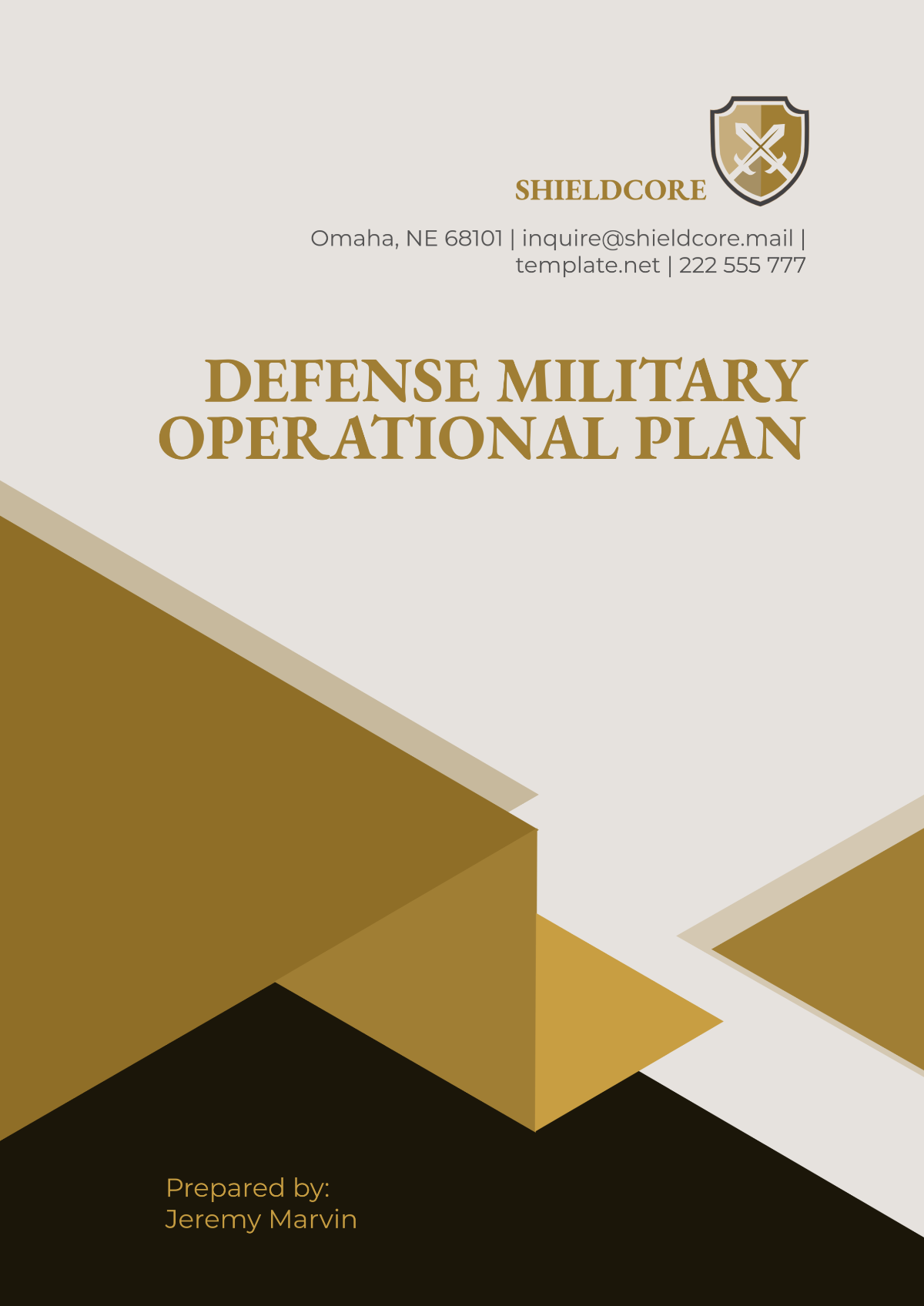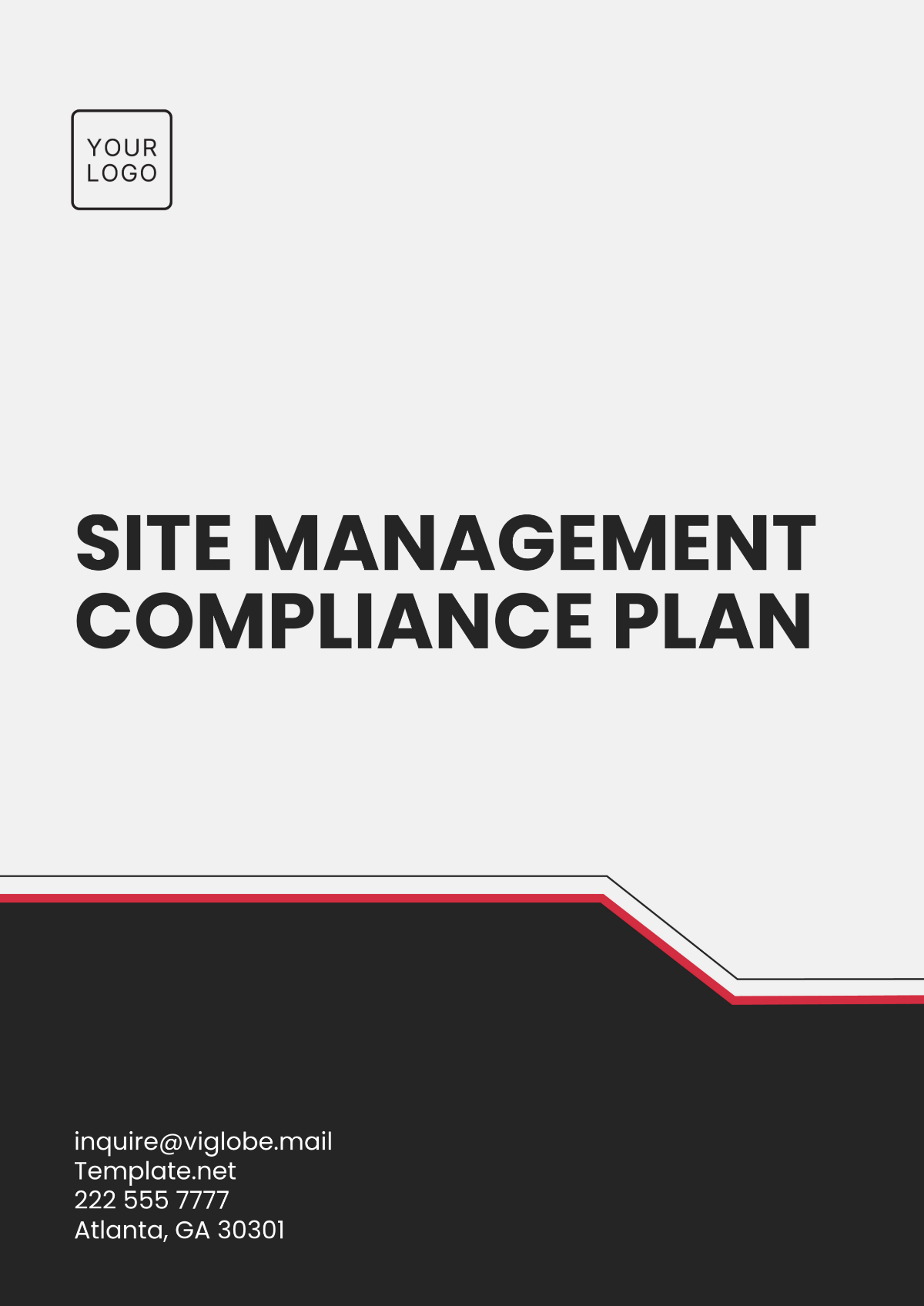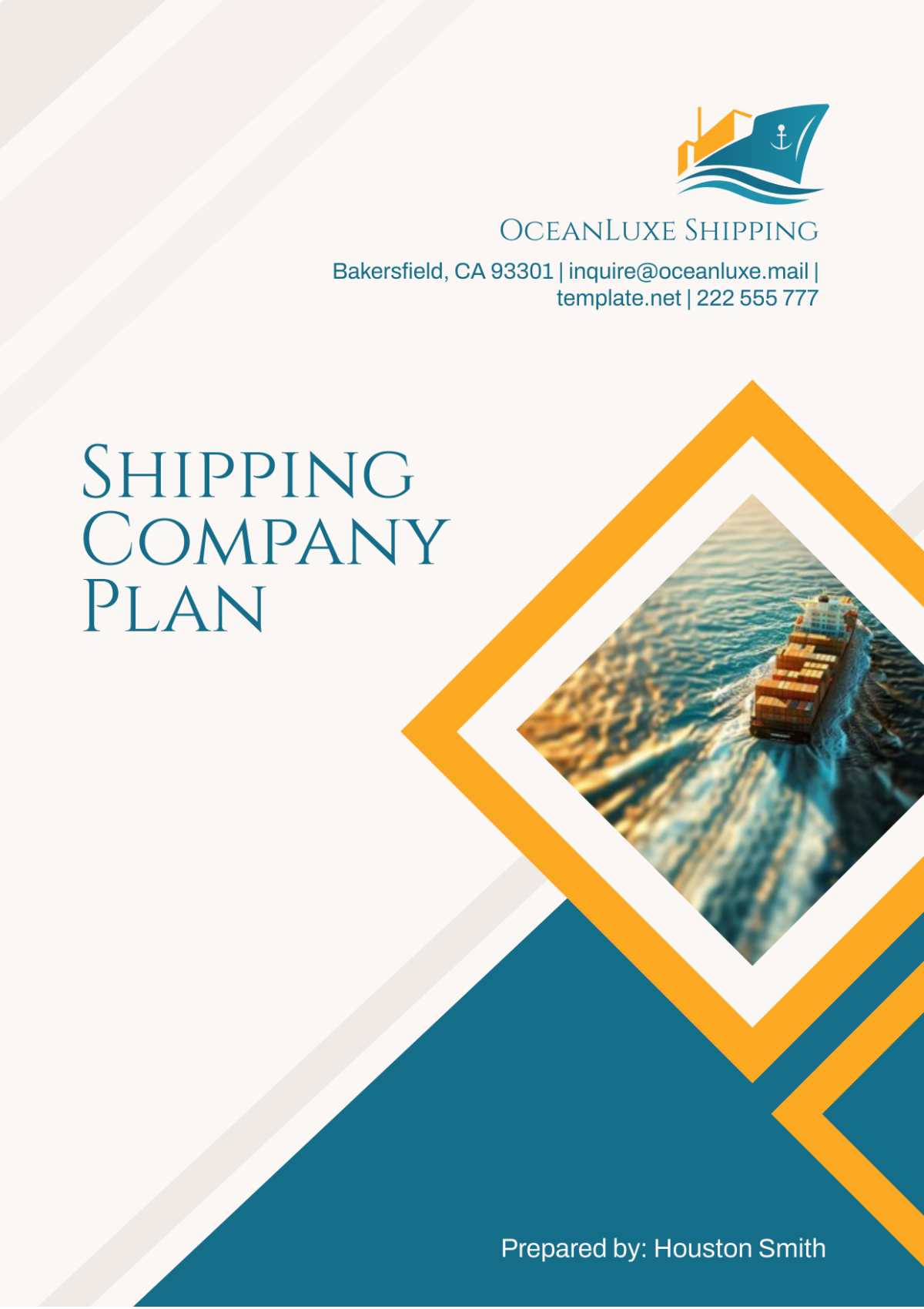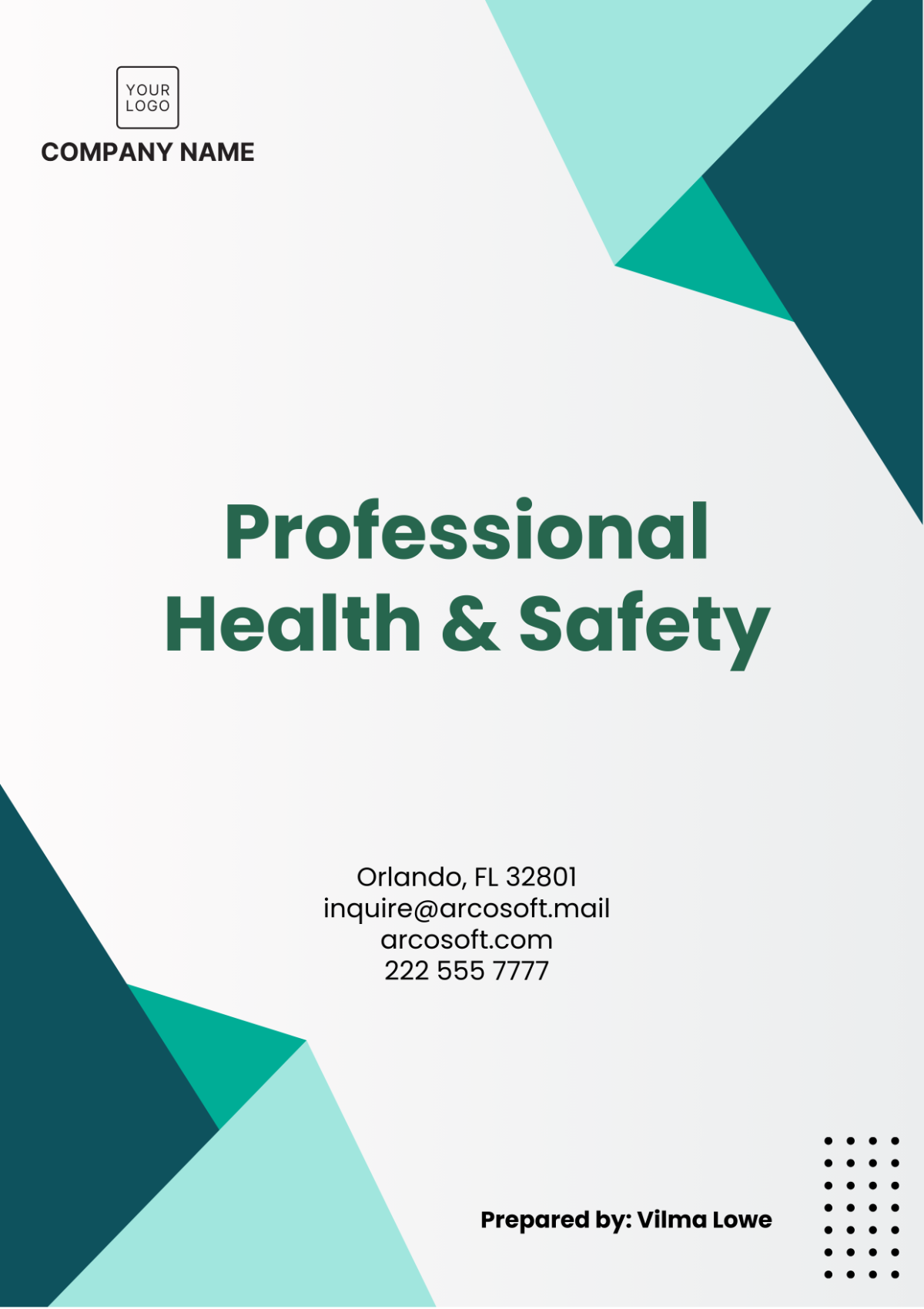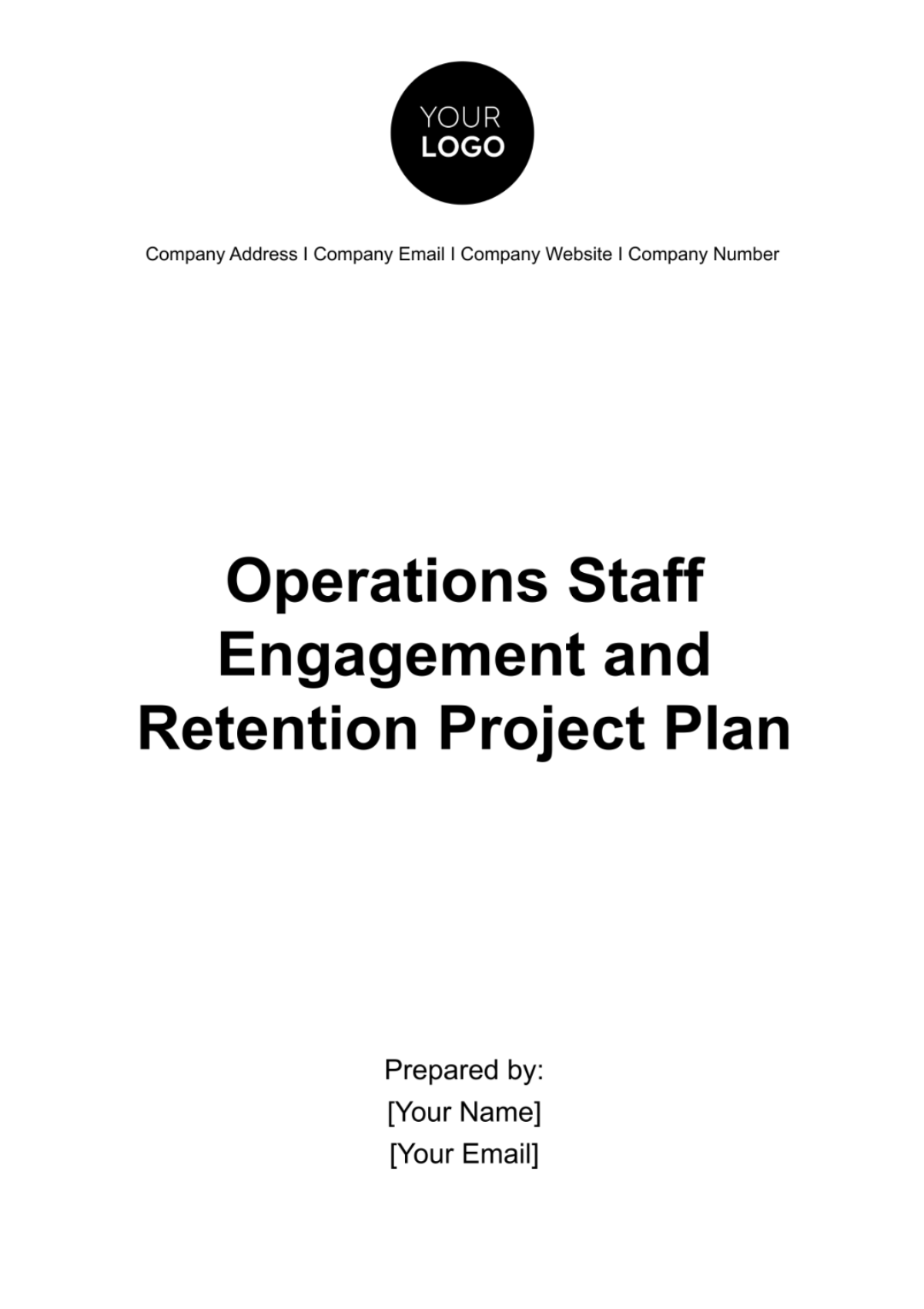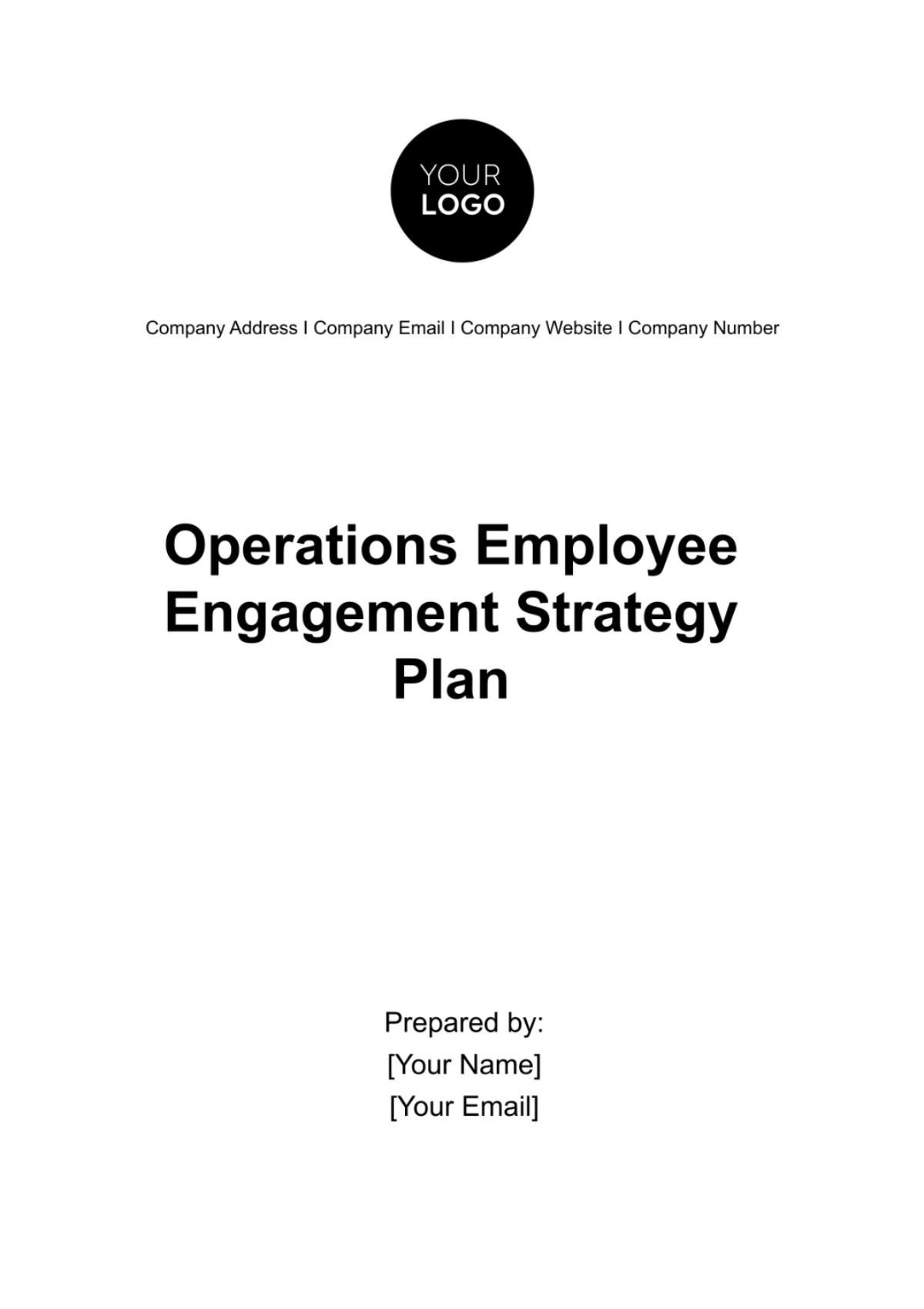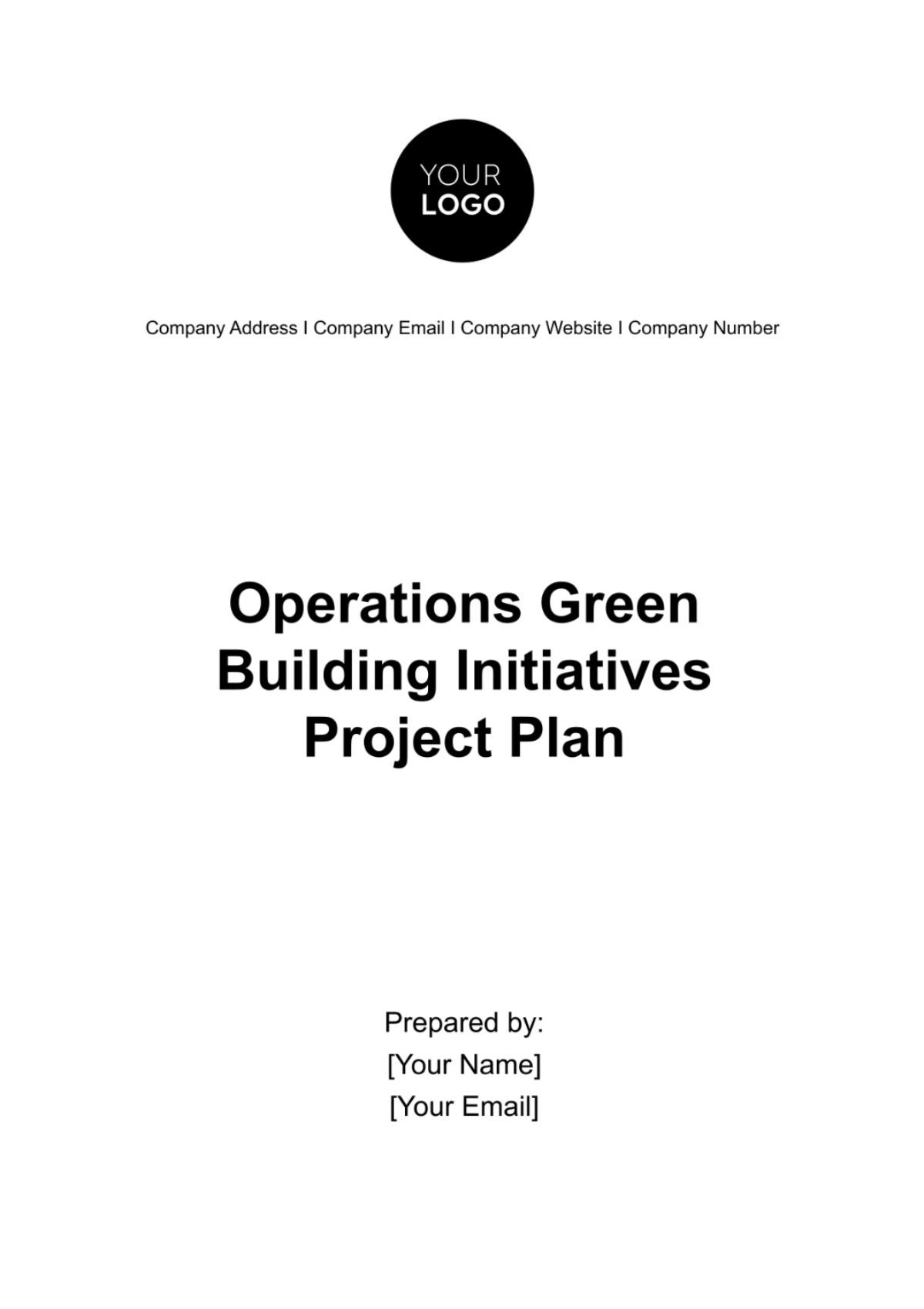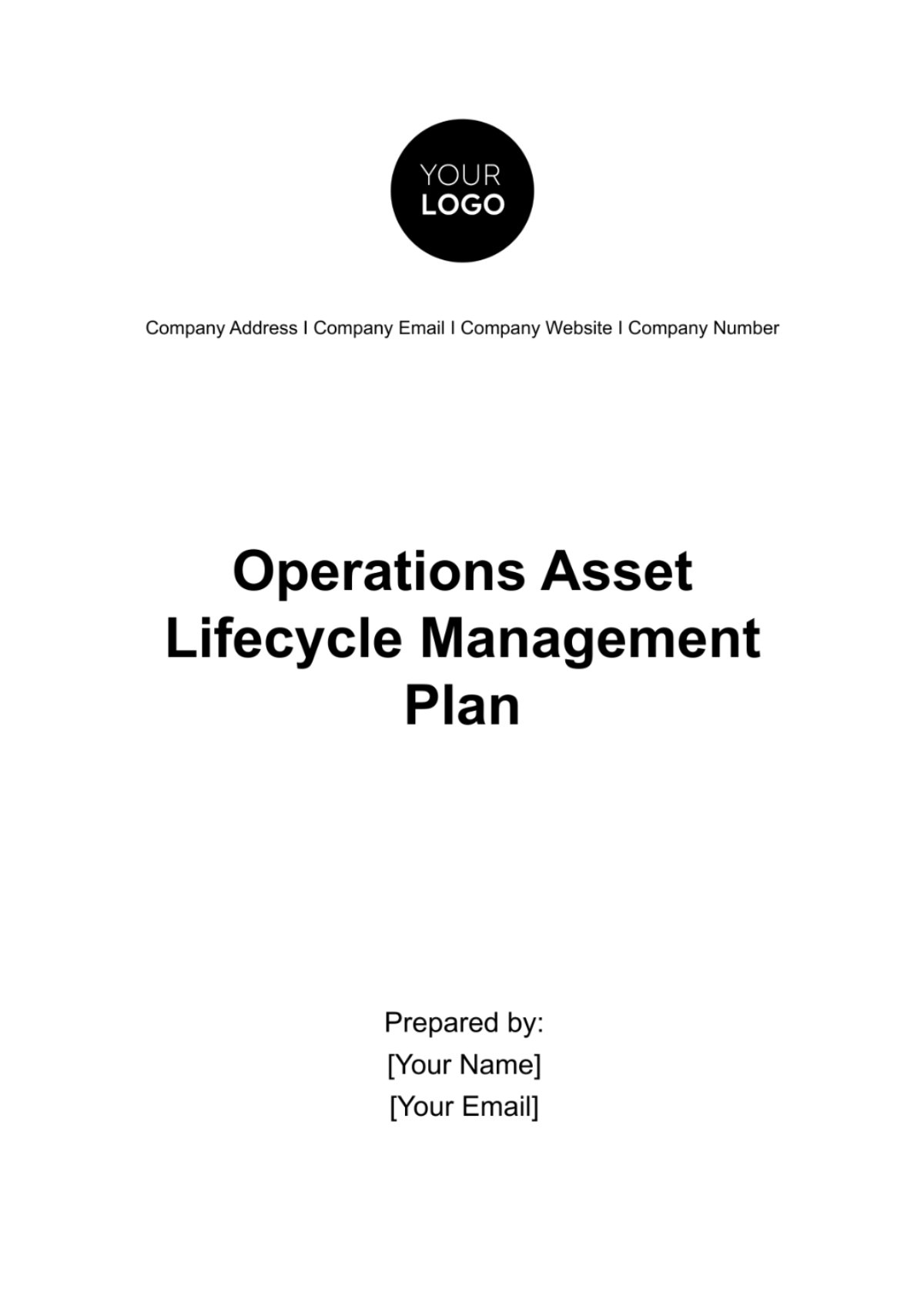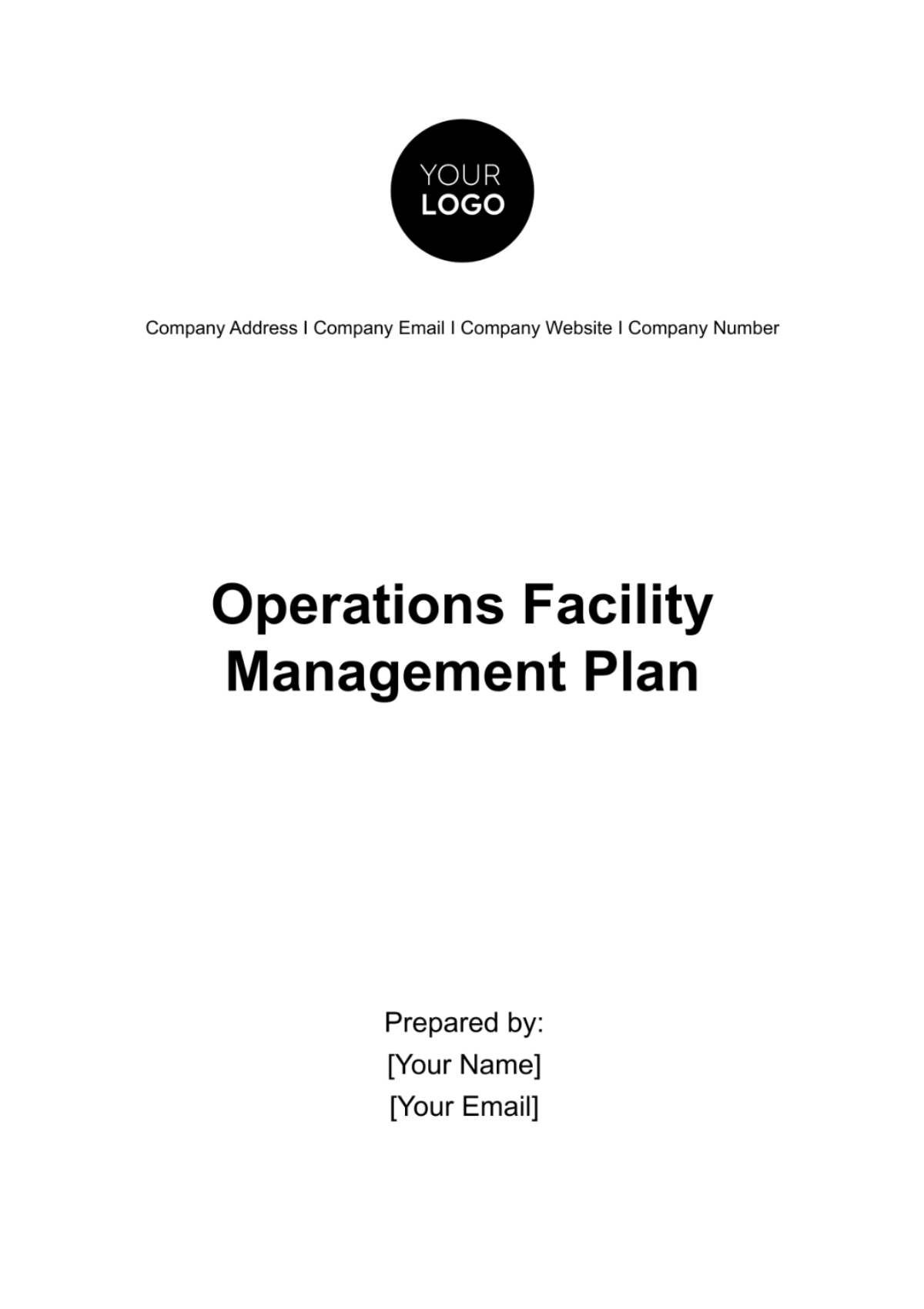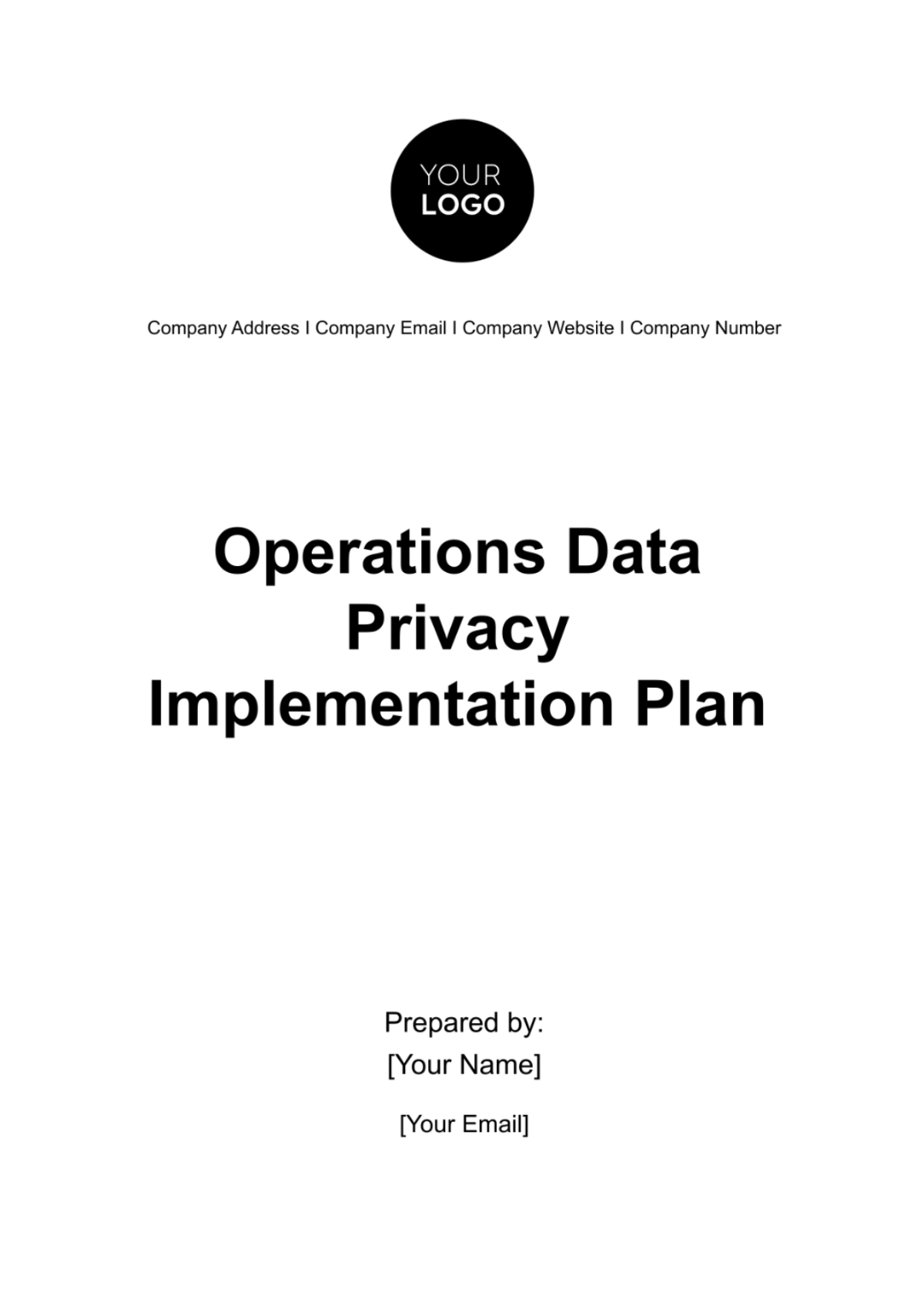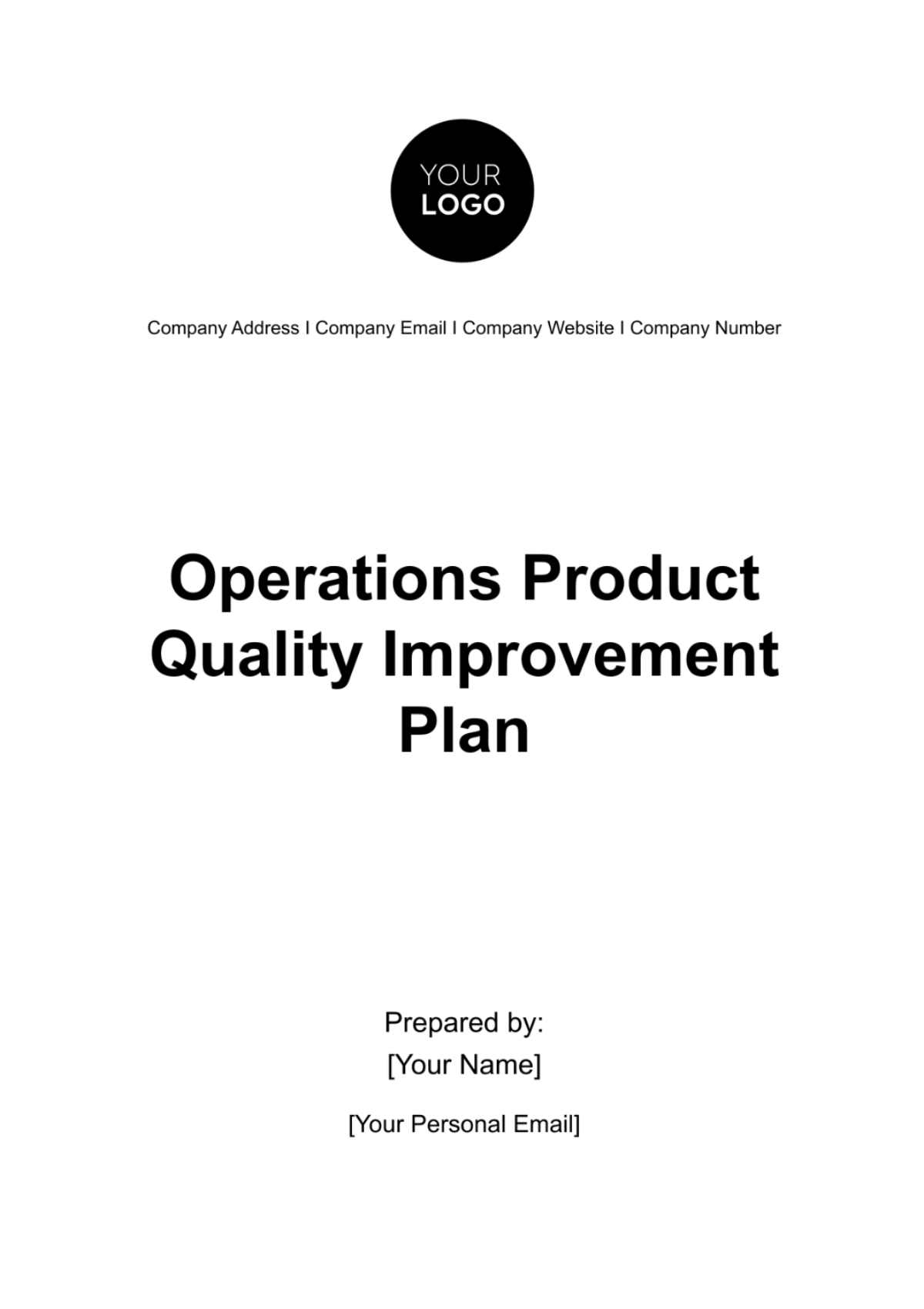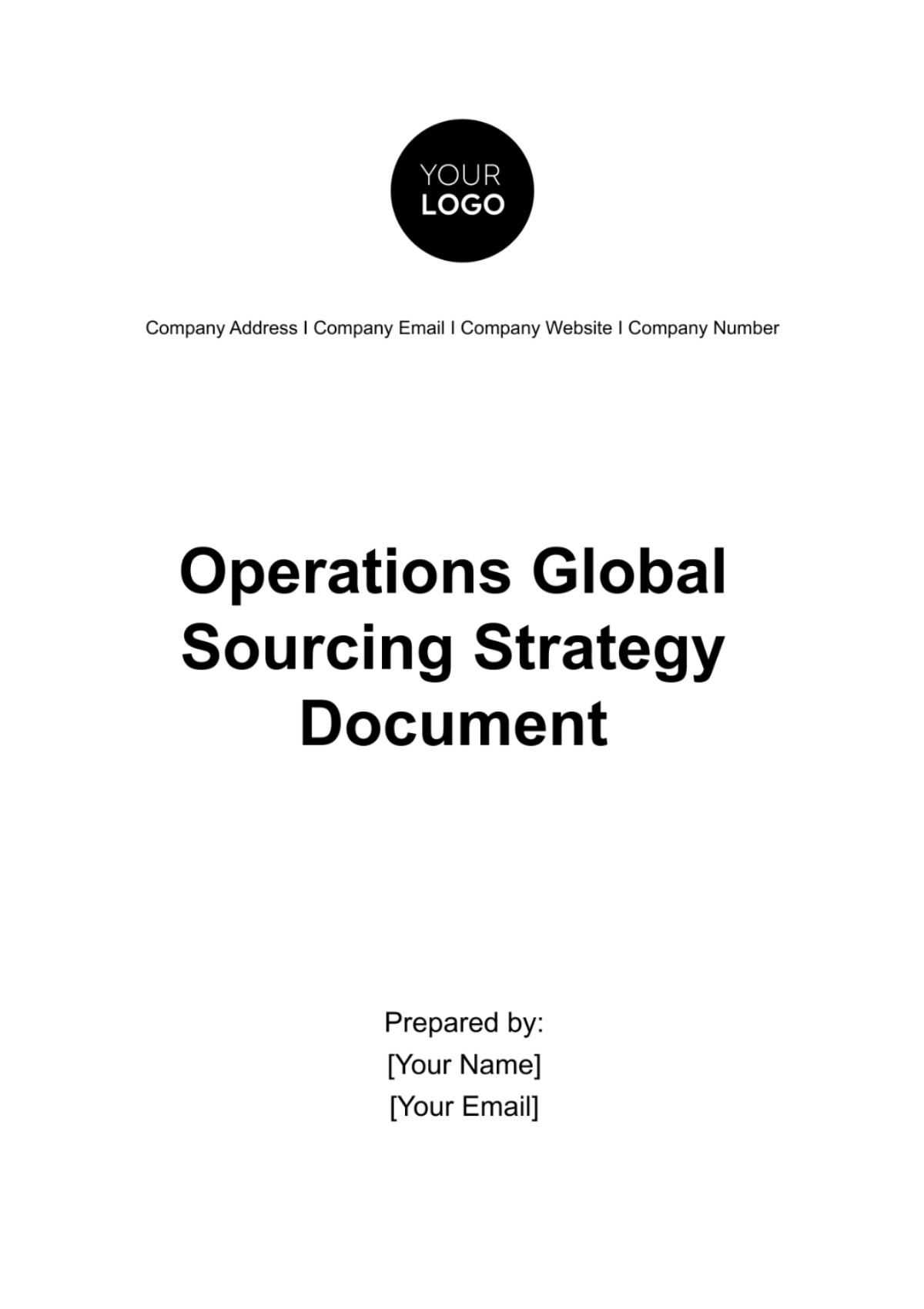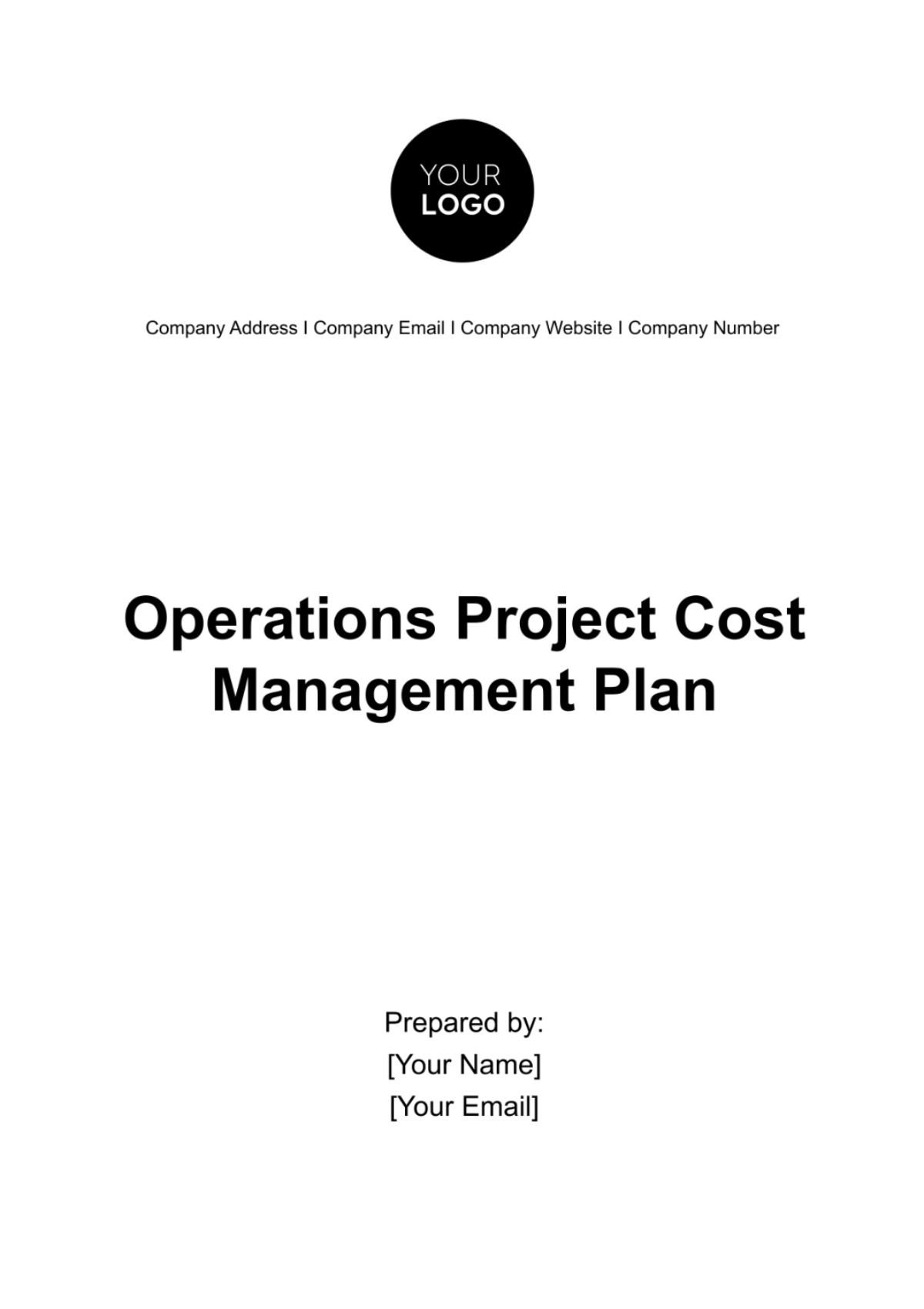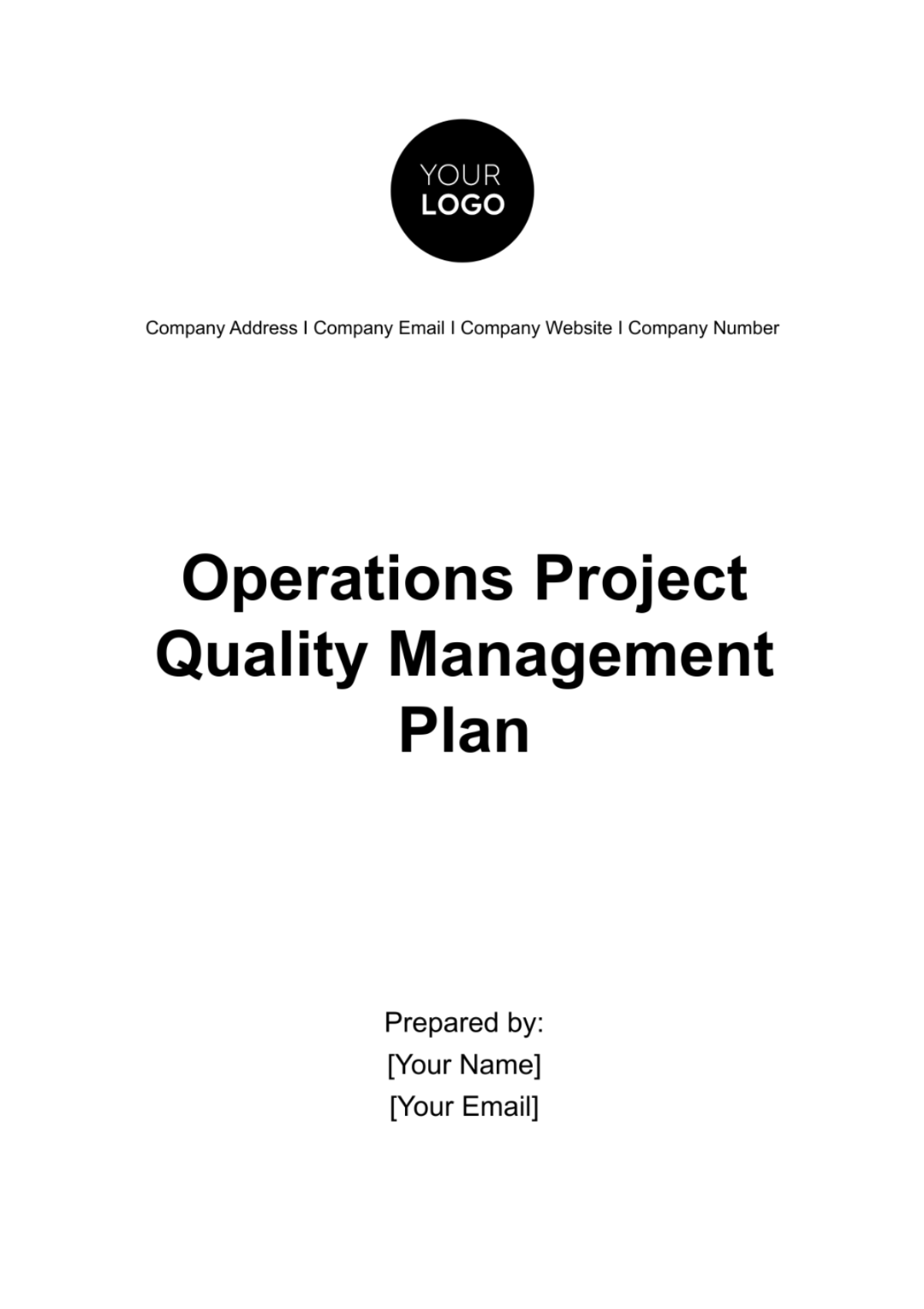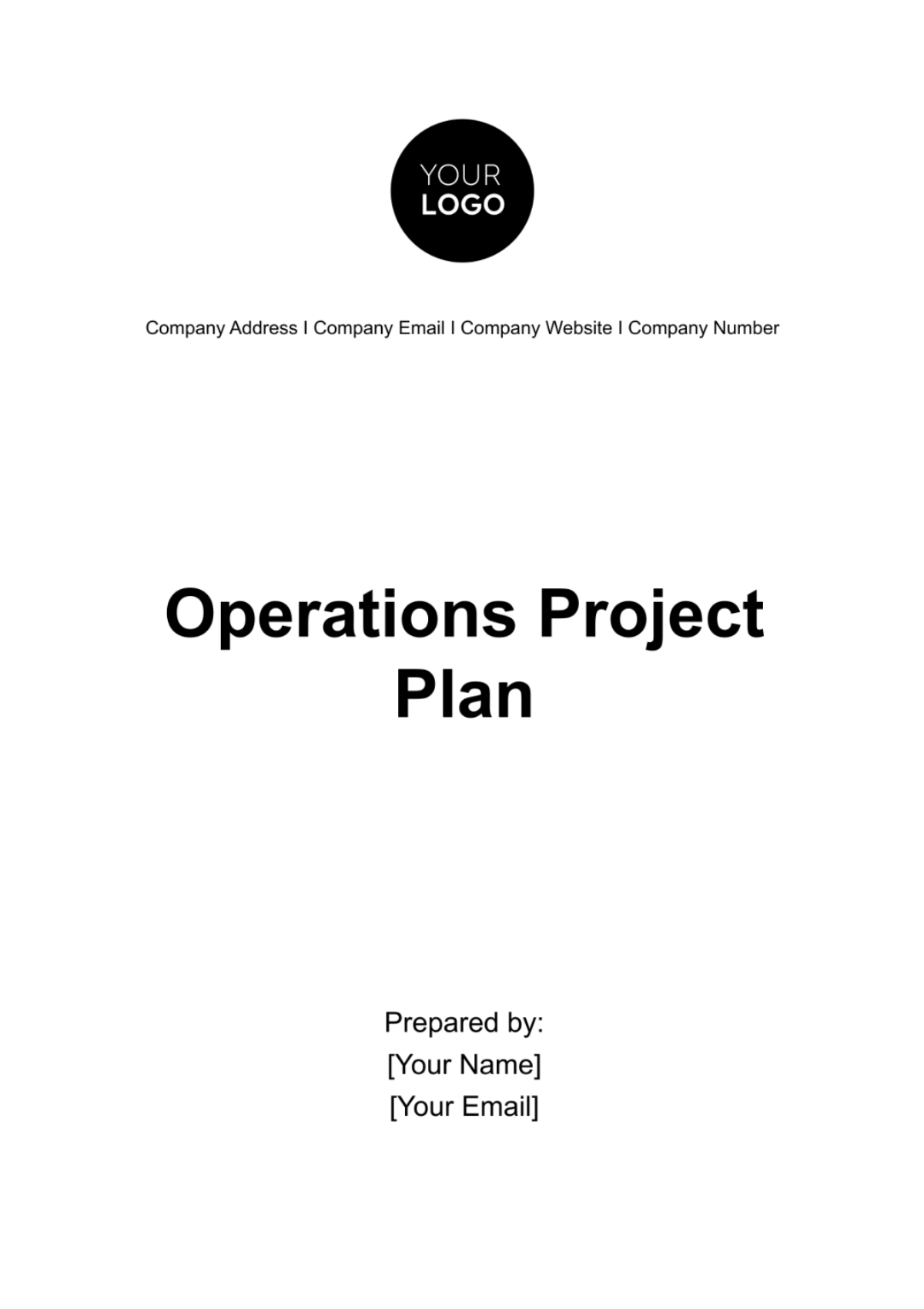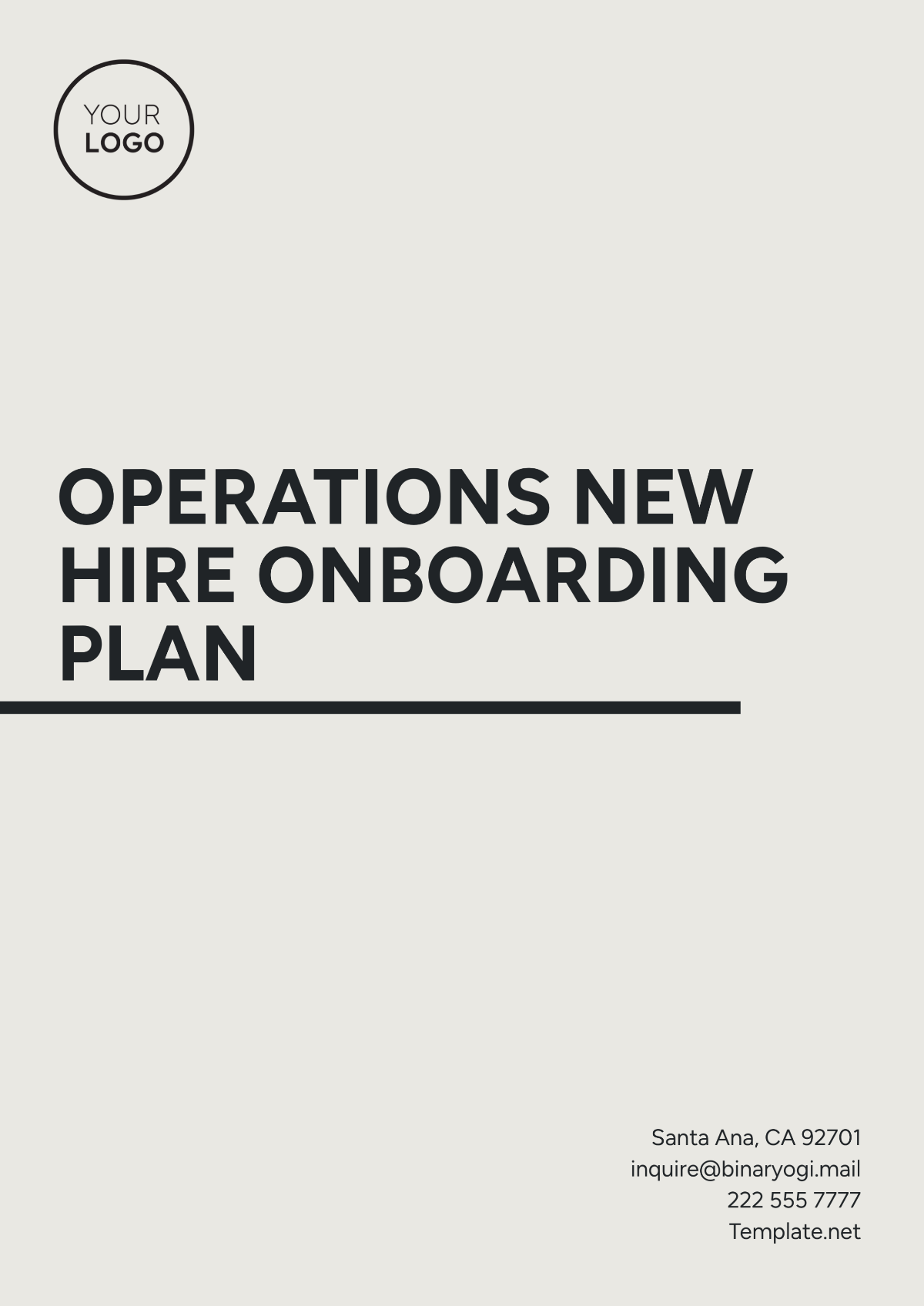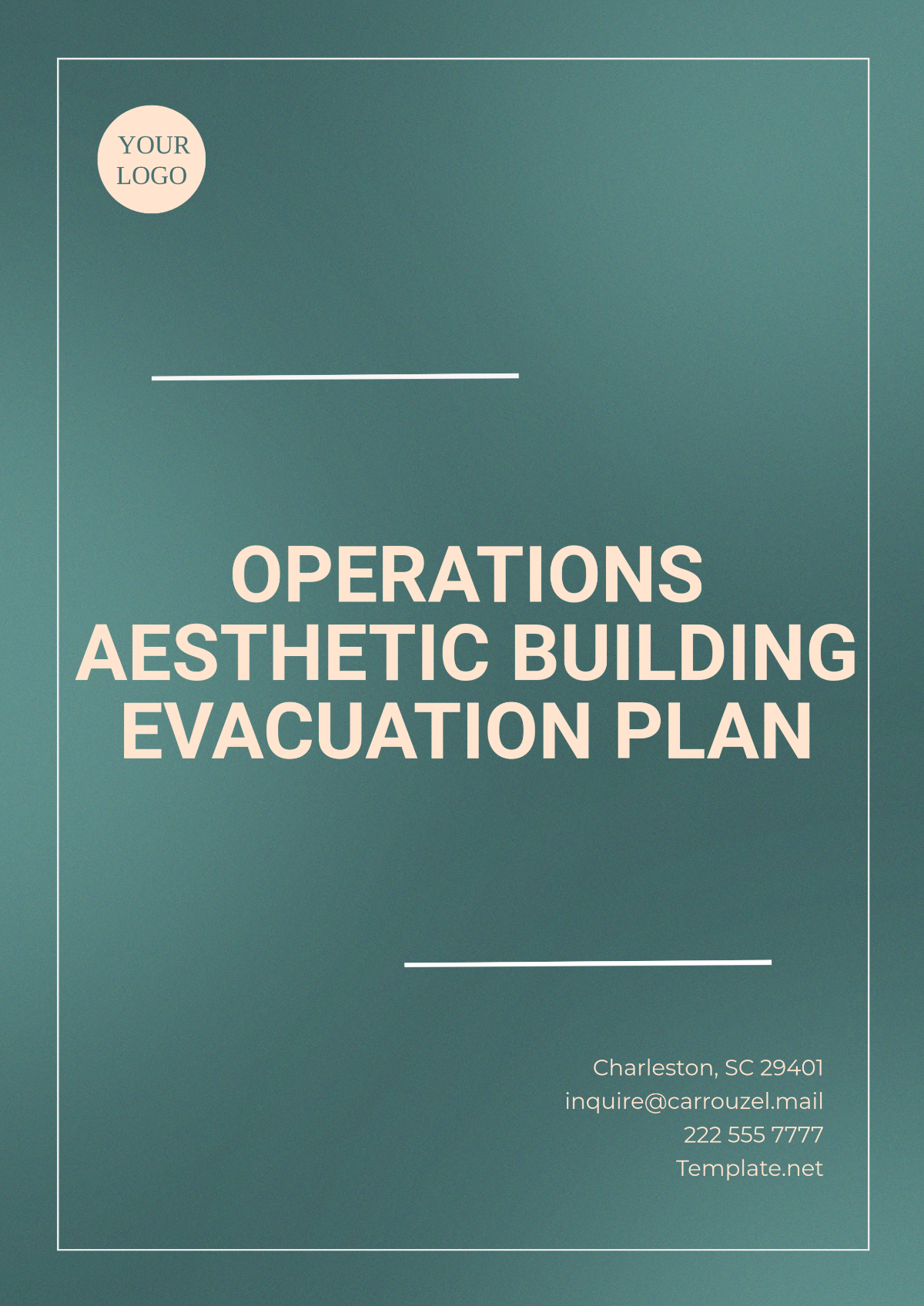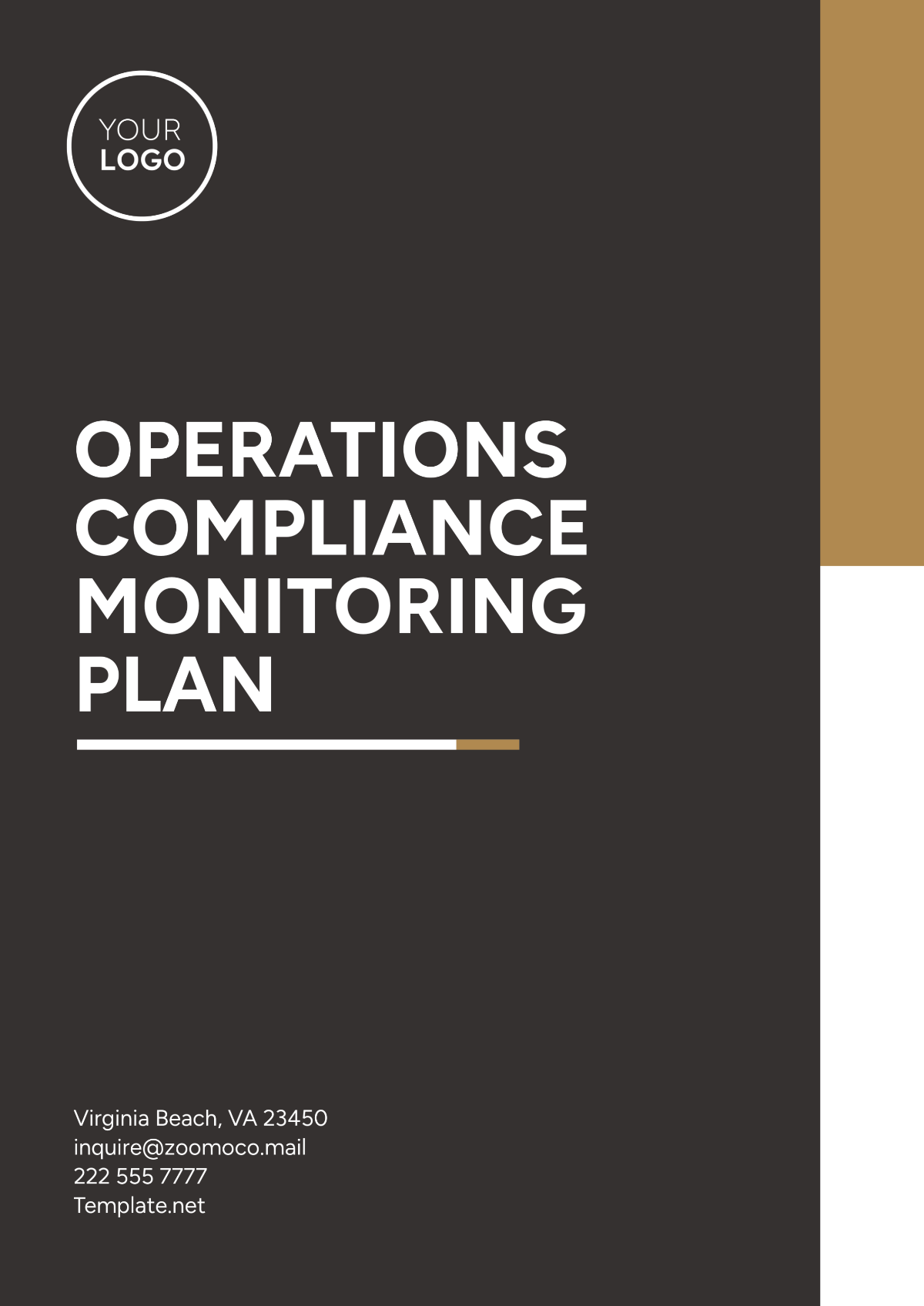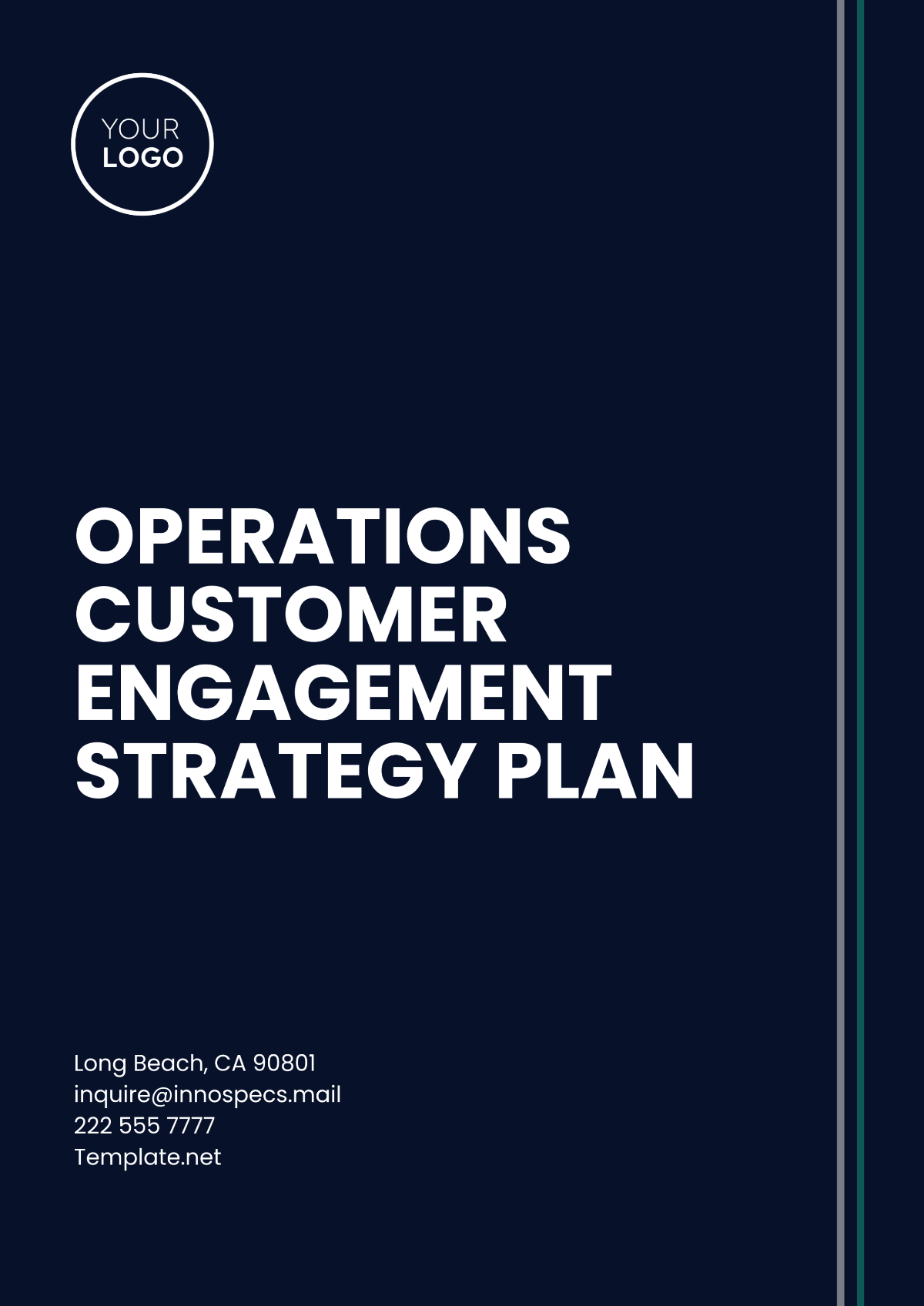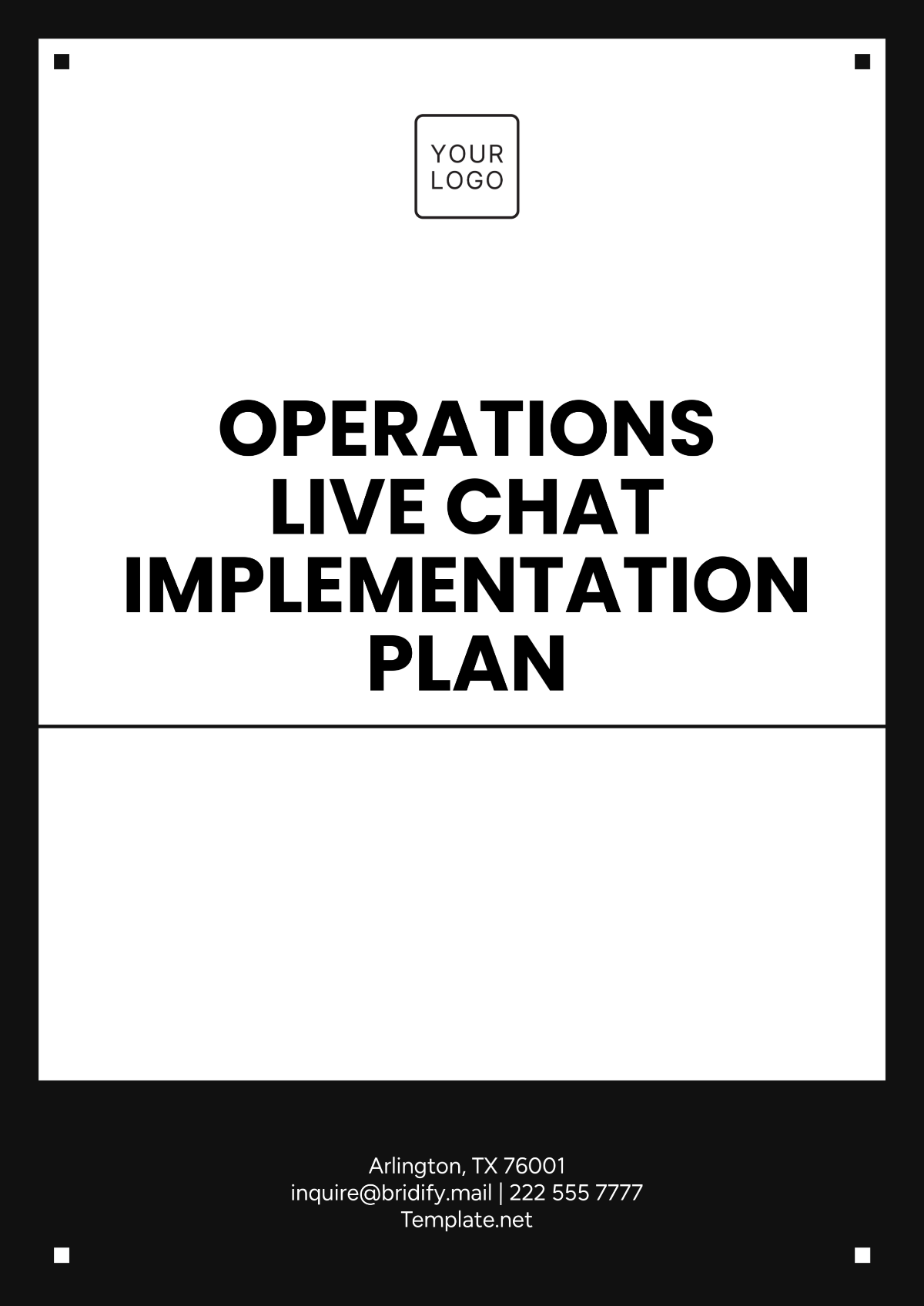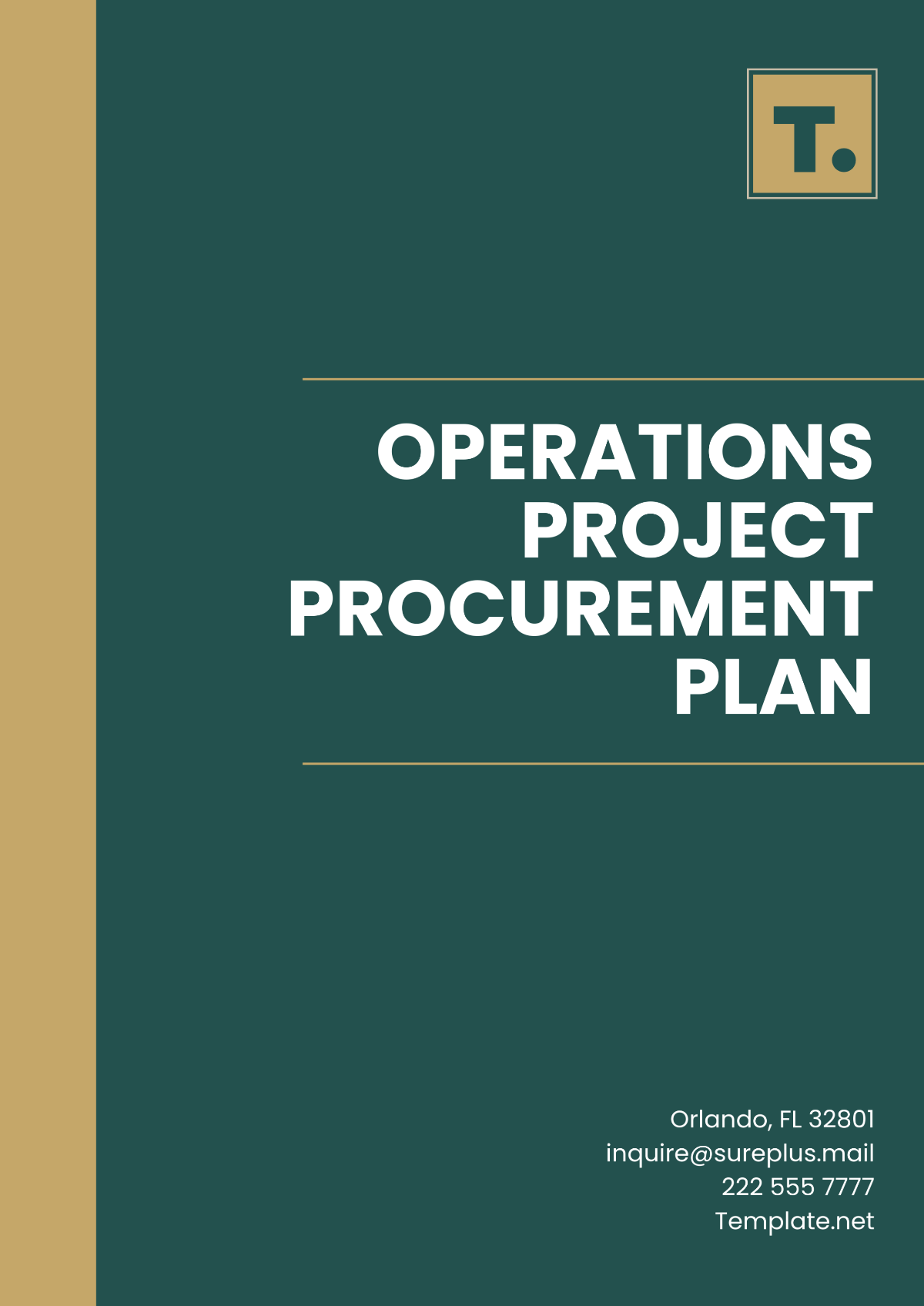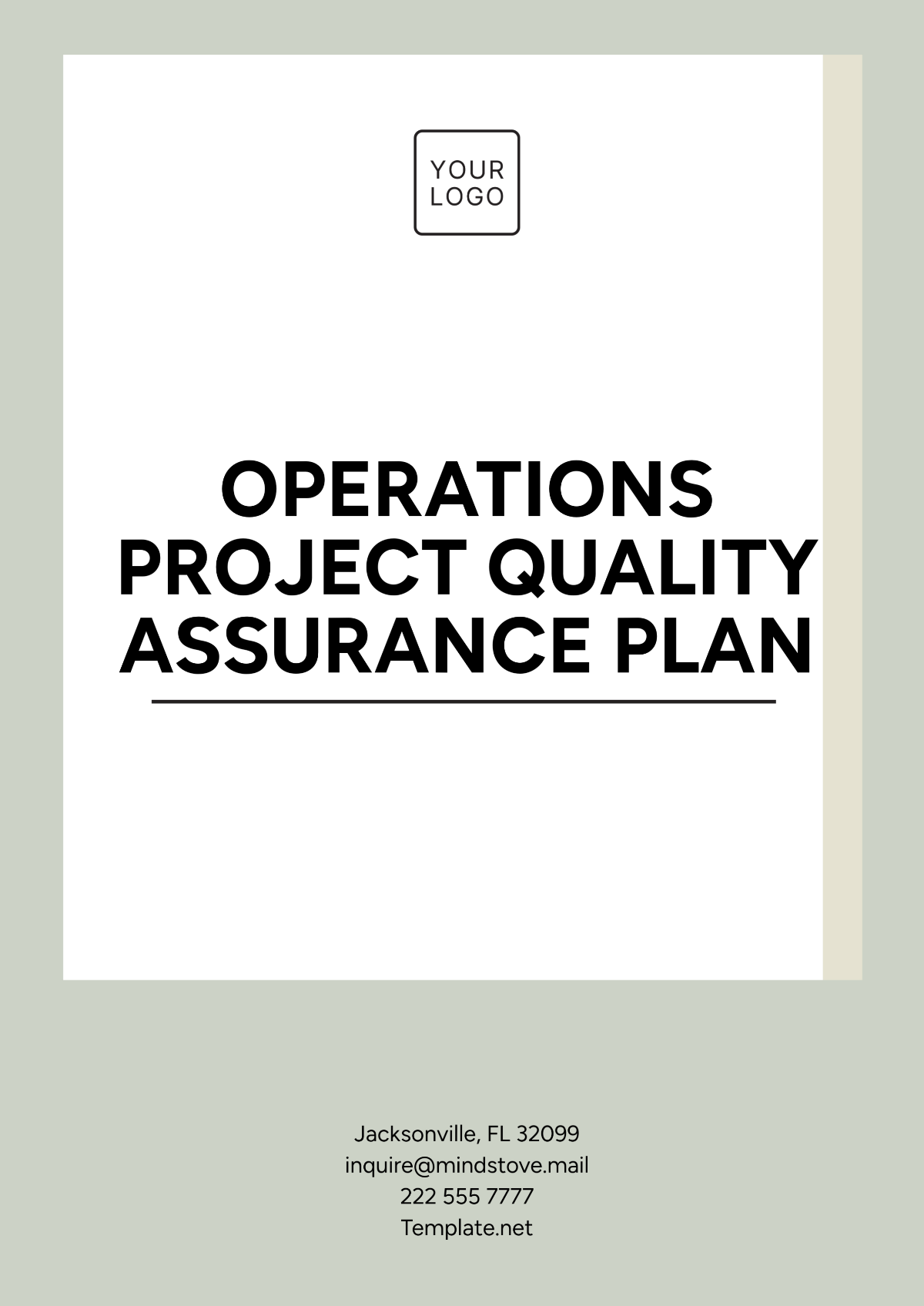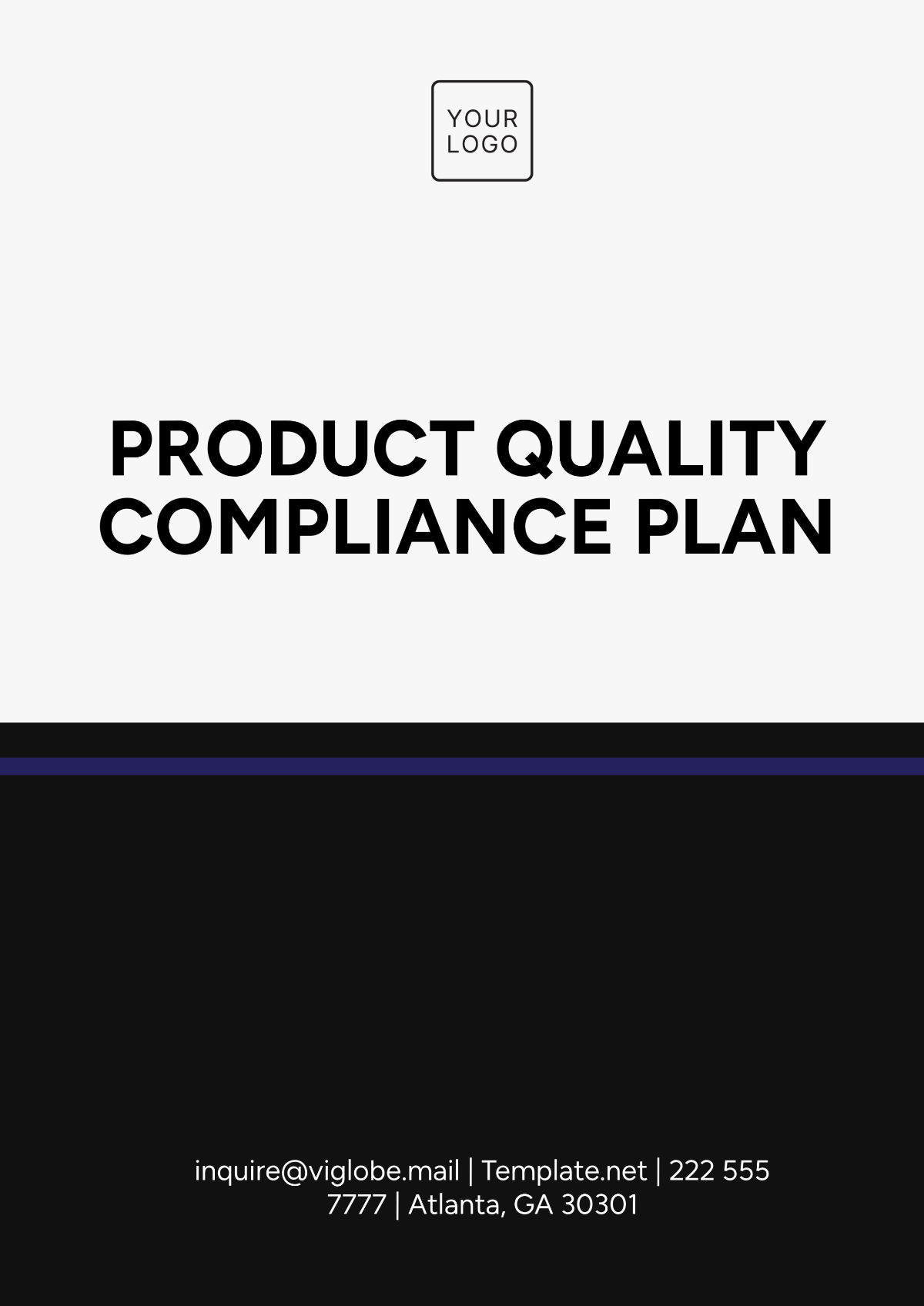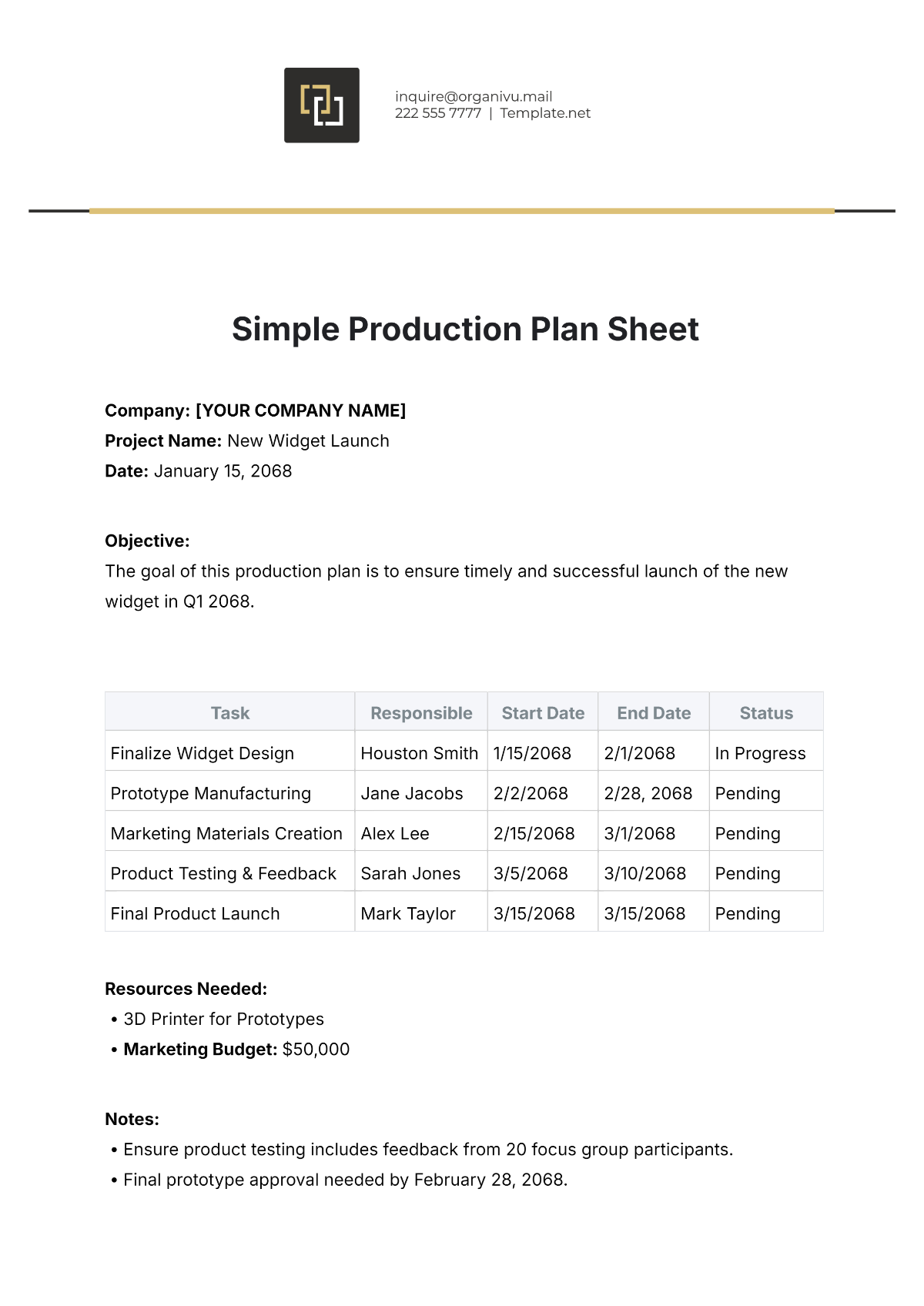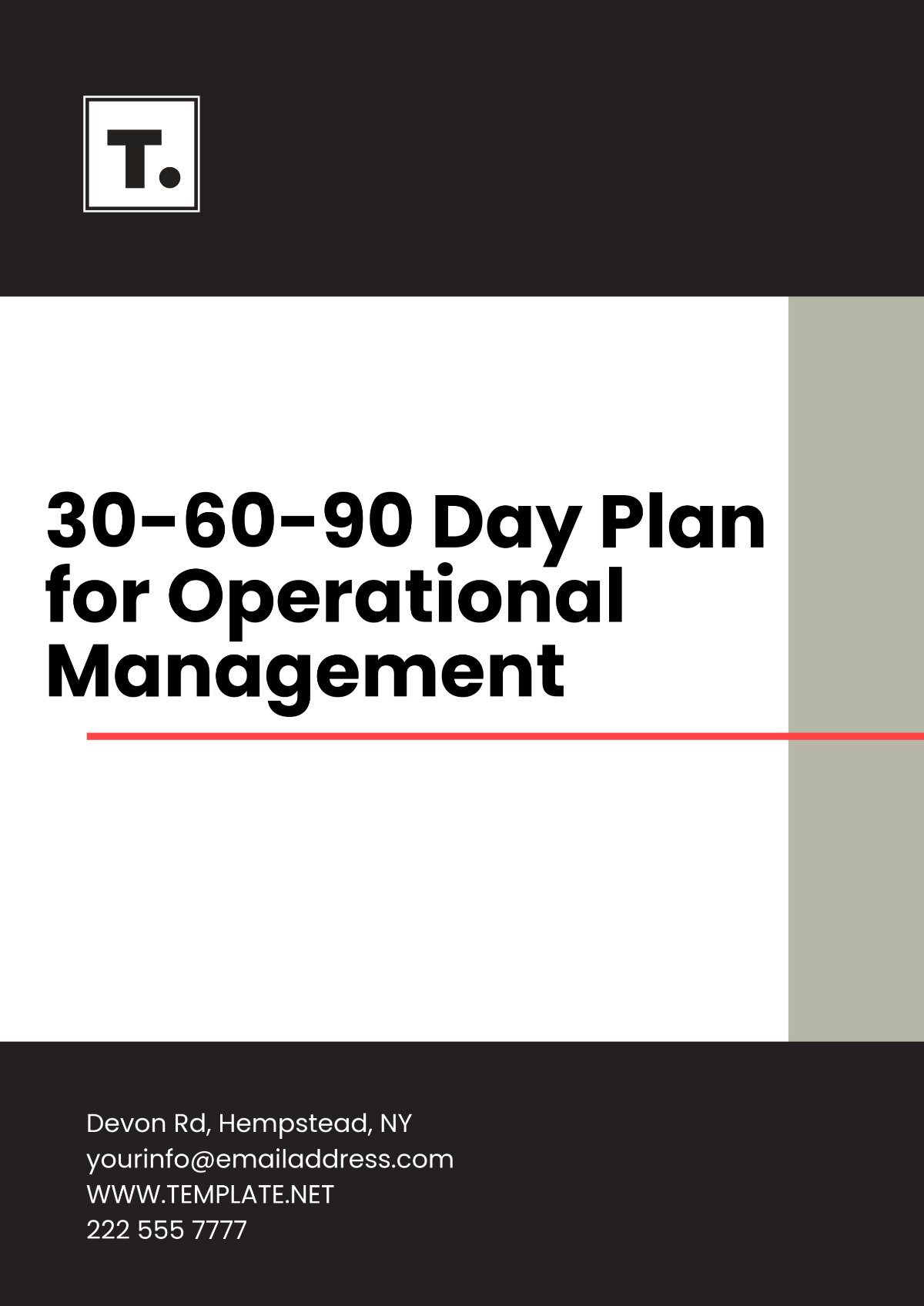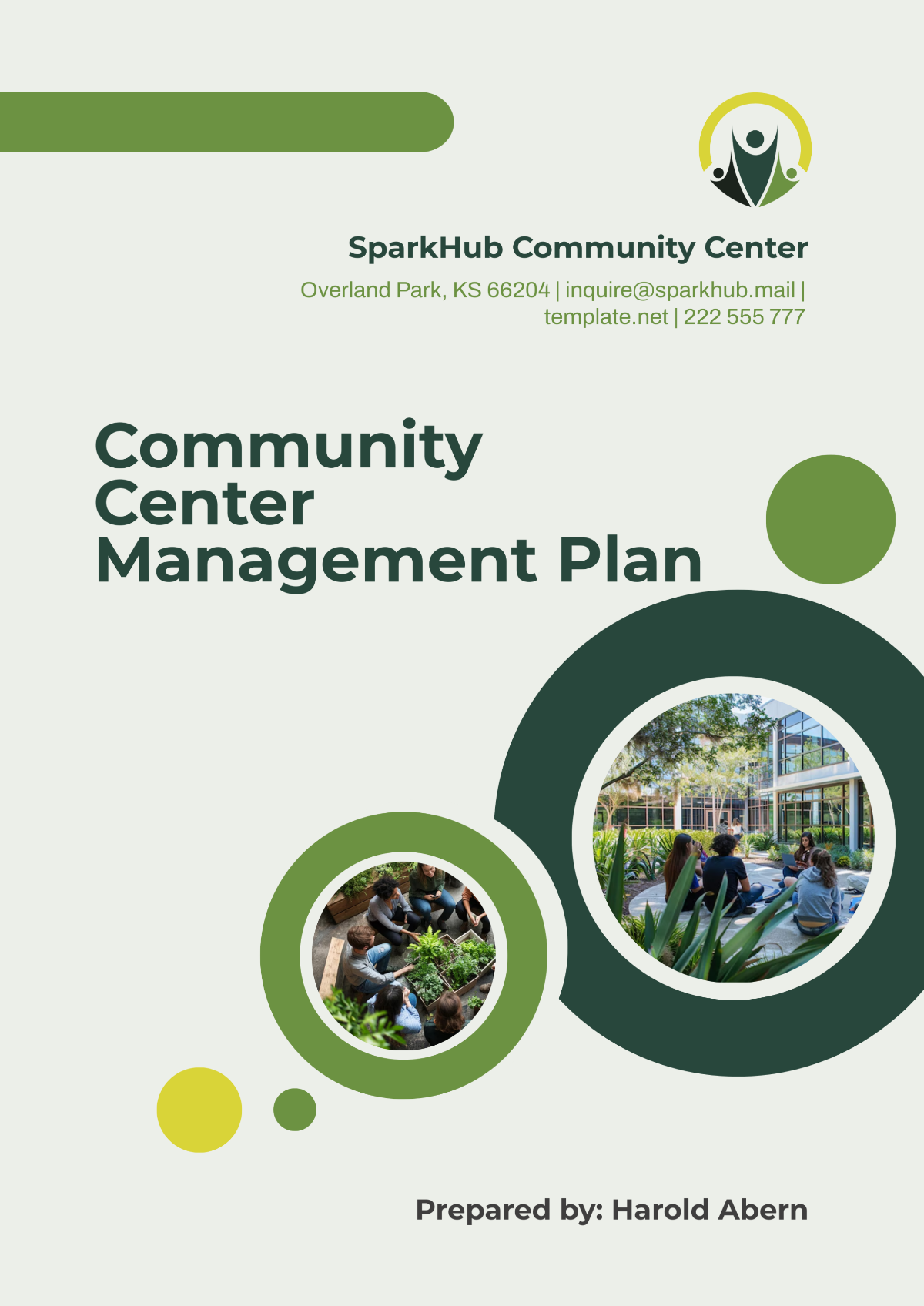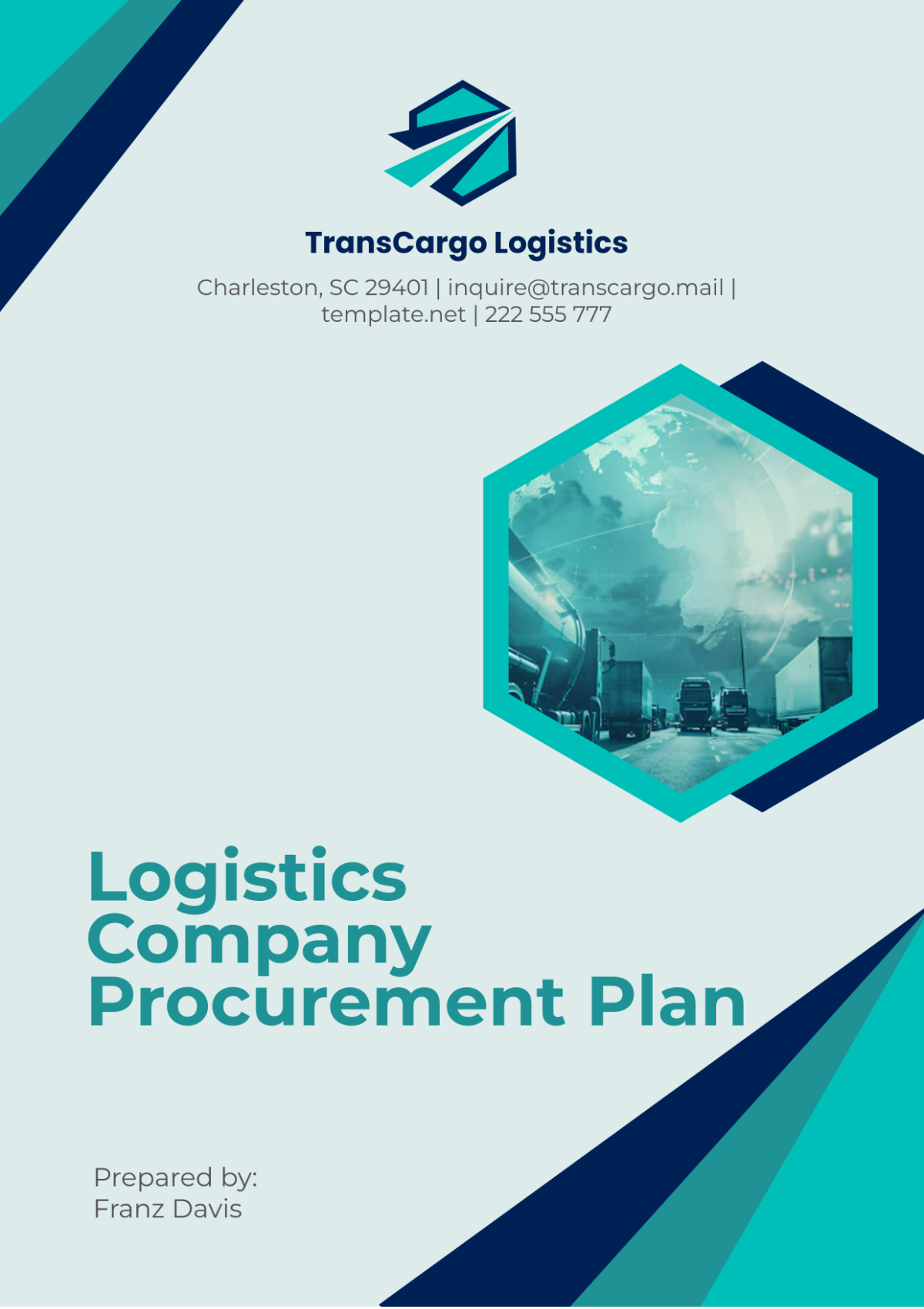Operations Employee Onboarding Plan
I. Introduction
A. Purpose of the Operations Employee Onboarding Plan
The purpose of the Operations Employee Onboarding Plan is to ensure that new employees joining [Your Company Name] in the Operations department are effectively integrated into the company. The onboarding process is designed to provide new hires with the knowledge, skills, and support they need to become productive members of the team quickly. This plan outlines the key steps, responsibilities, and timelines involved in the onboarding process to ensure a seamless transition for new employees into their roles.
B. Importance of Effective Onboarding
Effective onboarding is critical to the success of new employees and, by extension, the success of [Your Company Name]. A well-structured onboarding program helps reduce the time it takes for new employees to reach full productivity, improves job satisfaction, and increases retention rates. By providing a comprehensive onboarding experience, [Your Company Name] ensures that new employees feel welcomed, supported, and equipped to succeed in their roles.
C. Overview of the Onboarding Process
The onboarding process at [Your Company Name] is divided into several key stages: pre-boarding, orientation, training, integration, and ongoing support. Each stage is designed to address specific aspects of the onboarding journey, from preparing for the employee’s first day to ensuring their long-term success within the organization. This plan provides detailed guidance on the activities, resources, and timelines for each stage of the onboarding process.
II. Pre-Boarding Stage
A. Communication with New Hires
Welcome Email
Upon acceptance of the job offer, a welcome email will be sent to the new hire. This email will include a personalized welcome message from the Operations Manager, an overview of what to expect on their first day, and important contact information.Onboarding Portal Access
New hires will be given access to the [Your Company Name] Onboarding Portal. This portal will contain all necessary forms, documents, and resources that the new hire will need to complete before their first day, including tax forms, direct deposit information, and benefits enrollment forms.Introduction to Team Members
An introductory email will be sent to the Operations team, announcing the new hire’s start date and role. Team members will be encouraged to reach out and welcome the new employee before their first day.
B. Preparing the Work Environment
Workspace Setup
The new hire’s workspace will be prepared before their arrival. This includes ensuring that all necessary equipment, such as a computer, phone, and office supplies, are available and functioning. The IT department will configure the new hire’s computer with all required software and access permissions.Security and Access Credentials
The new hire will be issued a company ID badge, security access credentials, and login information for all relevant systems. These items will be ready for the new hire on their first day to ensure they can begin working without delay.Welcome Package
A welcome package, including company-branded items such as a mug, notebook, and pen, will be placed on the new hire’s desk. This package will also include a copy of the employee handbook and a detailed schedule for the first week.
C. Initial Documentation and Forms
Employment Forms
New hires will complete all required employment forms before their start date. These forms include the W-4, I-9, direct deposit form, and any other necessary paperwork. The HR department will review these forms to ensure they are completed accurately.Benefits Enrollment
New employees will be guided through the benefits enrollment process via the Onboarding Portal. This process includes selecting health insurance options, retirement plan contributions, and other benefits offered by [Your Company Name]. The HR department will be available to answer any questions the new hire may have.Policy Acknowledgment
New hires will be required to review and acknowledge [Your Company Name]’s key policies, including the Code of Conduct, IT Security Policy, and Anti-Harassment Policy. These policies will be available in the Onboarding Portal, and the new hire will sign an acknowledgment form electronically.
III. Orientation Stage
A. First Day Overview
Welcome Meeting
On the first day, the new hire will attend a welcome meeting with the Operations Manager. This meeting will provide an overview of the department’s structure, goals, and key initiatives. The Operations Manager will also outline the new hire’s role and responsibilities within the team.Office Tour
The new hire will receive a guided tour of the [Your Company Name] office. The tour will include introductions to key personnel, an overview of the office layout, and a visit to important areas such as the cafeteria, restrooms, and break rooms.Introduction to Team
The new hire will be formally introduced to the Operations team during a brief meeting. Each team member will provide a quick overview of their role and how they interact with the new hire’s position. This introduction helps establish initial connections and fosters a sense of belonging.
B. Company Overview
Company History and Mission
During the orientation, the new hire will receive an overview of [Your Company Name]’s history, mission, and values. This presentation will help the new hire understand the company’s long-term goals and how their role contributes to achieving them.Organizational Structure
A detailed explanation of [Your Company Name]’s organizational structure will be provided, including an overview of each department and its function within the company. The new hire will receive a copy of the organizational chart for future reference.Key Policies and Procedures
The new hire will be briefed on [Your Company Name]’s key policies and procedures, including timekeeping, dress code, attendance, and workplace safety. These policies will be discussed in detail to ensure the new hire understands and complies with company expectations.
C. Role-Specific Training Plan
Training Schedule
The new hire will receive a detailed training schedule outlining the topics, trainers, and timelines for their role-specific training. This schedule will include both classroom-based and hands-on training sessions to ensure a comprehensive learning experience.Learning Objectives
Each training session will have clearly defined learning objectives that align with the new hire’s role and responsibilities. The objectives will be communicated to the new hire in advance to help them understand the purpose of each training session.Evaluation and Feedback
The new hire’s progress will be evaluated at regular intervals throughout the training process. Feedback will be provided by the trainers and the Operations Manager to ensure the new hire is meeting the learning objectives and is on track to succeed in their role.
IV. Training Stage
A. Core Competency Development
Operations Procedures Training
The new hire will undergo comprehensive training on the core operations procedures at [Your Company Name]. This training will cover standard operating procedures (SOPs), quality control processes, and safety protocols. The training will be a combination of classroom instruction and practical application in the workplace.Technical Skills Training
The new hire will receive training on the technical skills required for their specific role within the Operations department. This may include training on specialized software, equipment, or machinery used in the department. The goal is to ensure the new hire is proficient in the tools and technologies necessary to perform their job effectively.Problem-Solving and Decision-Making
Training sessions will focus on developing the new hire’s problem-solving and decision-making skills. These sessions will involve real-world scenarios and case studies to help the new hire learn how to identify issues, analyze situations, and implement solutions within the context of their role.
B. Soft Skills Development
Communication Skills
The new hire will participate in communication skills training to enhance their ability to interact effectively with colleagues, supervisors, and external stakeholders. This training will cover verbal and written communication, active listening, and conflict resolution techniques.Teamwork and Collaboration
The new hire will be trained on the importance of teamwork and collaboration within the Operations department. Activities and workshops will be conducted to build trust, encourage open communication, and foster a collaborative work environment. The goal is to help the new hire integrate seamlessly into the team and contribute positively to group projects.Time Management and Organization
Time management and organizational skills are critical for success in the Operations department. The new hire will receive training on effective time management strategies, prioritization techniques, and organizational tools to help them manage their workload efficiently and meet deadlines consistently.
C. Compliance and Safety Training
Compliance Regulations
The new hire will be trained on the compliance regulations relevant to the Operations department, including industry standards, legal requirements, and company policies. This training will ensure the new hire understands the importance of compliance and the potential consequences of non-compliance.Workplace Safety Training
Safety training is a priority at [Your Company Name]. The new hire will undergo extensive safety training, covering topics such as hazard identification, emergency procedures, personal protective equipment (PPE), and safe work practices. The goal is to ensure the new hire can perform their duties safely and contribute to maintaining a safe work environment.Environmental Sustainability
As part of [Your Company Name]’s commitment to environmental sustainability, the new hire will receive training on sustainable practices within the Operations department. This training will include waste reduction, energy conservation, and environmentally friendly processes. The new hire will be encouraged to contribute ideas for improving sustainability within the department.
V. Integration Stage
A. Mentorship and Support
Assignment of a Mentor
A mentor will be assigned to the new hire to provide guidance and support throughout the onboarding process. The mentor will be an experienced employee within the Operations department who can offer advice, answer questions, and help the new hire navigate the company culture.Regular Check-Ins
The mentor and Operations Manager will conduct regular check-ins with the new hire during the first 90 days. These check-ins will provide an opportunity to discuss the new hire’s progress, address any challenges, and offer additional support as needed.Peer Networking Opportunities
The new hire will be encouraged to network with peers within the Operations department and across the company. Networking events, team-building activities, and social gatherings will be organized to help the new hire build relationships and integrate into the company culture.
B. Performance Expectations
Goal Setting
The new hire will work with the Operations Manager to set clear, achievable goals for their first six months. These goals will align with the new hire’s role and the department’s objectives, providing a roadmap for success.Performance Reviews
Formal performance reviews will be conducted at the 30-day, 60-day, and 90-day marks. These reviews will assess the new hire’s progress toward their goals, provide feedback, and identify areas for improvement. The reviews will also serve as an opportunity to adjust the onboarding plan if necessary.Recognition and Rewards
[Your Company Name] values the contributions of its employees. As part of the integration stage, the new hire will be eligible for recognition and rewards based on their performance. This could include verbal recognition, bonuses, or other incentives designed to motivate and encourage continued success.
C. Continuous Learning and Development
Ongoing Training Opportunities
The onboarding process does not end after the first 90 days. The new hire will have access to ongoing training and development opportunities within [Your Company Name]. This may include advanced skills training, leadership development programs, or cross-departmental training to broaden their expertise.Career Development Planning
The new hire will work with the Operations Manager to develop a long-term career development plan. This plan will outline potential career paths within [Your Company Name], identify the skills and experience needed for advancement, and set milestones for achieving career goals.Employee Feedback and Input
[Your Company Name] values employee feedback and encourages new hires to provide input on the onboarding process. Regular surveys and feedback sessions will be conducted to gather insights from the new hire, which will be used to improve the onboarding experience for future employees.
VI. Ongoing Support and Engagement
A. Post-Onboarding Support
Continued Access to Resources
The new hire will continue to have access to the Onboarding Portal and other resources that were made available during the onboarding process. This ensures that the new hire can easily access information, forms, and contacts as they continue to settle into their role.HR Support
The HR department will remain available to the new hire for any questions or concerns that may arise after the initial onboarding period. HR will provide ongoing support related to benefits, payroll, performance management, and any other HR-related matters.Managerial Support
The Operations Manager will continue to play an active role in supporting the new hire beyond the onboarding period. Regular one-on-one meetings will be scheduled to discuss the new hire’s progress, address any issues, and provide coaching and mentoring.
B. Employee Engagement Initiatives
Engagement Surveys
Regular employee engagement surveys will be conducted to assess the new hire’s satisfaction and overall experience at [Your Company Name]. The insights gained from these surveys will help the company identify areas for improvement and enhance employee engagement efforts.Employee Resource Groups (ERGs)
The new hire will be encouraged to join or participate in Employee Resource Groups (ERGs) within [Your Company Name]. ERGs provide a platform for employees to connect, share experiences, and contribute to initiatives that promote diversity, inclusion, and community involvement.Recognition Programs
The new hire will be eligible to participate in company-wide recognition programs that celebrate employee achievements and contributions. These programs include Employee of the Month, Innovation Awards, and other initiatives designed to recognize and reward outstanding performance.
C. Career Growth and Advancement
Leadership Development Programs
As part of [Your Company Name]’s commitment to employee growth, the new hire will have the opportunity to participate in leadership development programs. These programs are designed to prepare employees for future leadership roles within the company by developing essential management and leadership skills.Cross-Departmental Opportunities
[Your Company Name] encourages cross-departmental collaboration and offers opportunities for employees to gain experience in different areas of the business. The new hire will have the chance to participate in projects or temporary assignments in other departments, broadening their skill set and enhancing their career prospects.Promotion and Advancement Pathways
Clear pathways for promotion and advancement will be outlined for the new hire. The Operations Manager will work with the new hire to identify potential opportunities for career advancement within the Operations department and the broader company. Regular discussions will be held to track progress and adjust career plans as needed.
VII. Conclusion
A. Summary of the Onboarding Process
The Operations Employee Onboarding Plan at [Your Company Name] is a comprehensive and structured approach to integrating new hires into the company. From the pre-boarding stage to ongoing support, every aspect of the onboarding process is designed to ensure that new employees feel welcomed, supported, and equipped to succeed in their roles. By following this plan, [Your Company Name] aims to reduce the time it takes for new hires to reach full productivity, improve job satisfaction, and increase employee retention rates.
B. Continuous Improvement
The onboarding process is a critical component of [Your Company Name]’s overall employee experience strategy. As such, it is subject to continuous review and improvement. Feedback from new hires, mentors, managers, and other stakeholders will be regularly collected and analyzed to identify areas for enhancement. [Your Company Name] is committed to maintaining a high standard of onboarding excellence and ensuring that every new hire has a positive and successful start to their career with the company.
C. Commitment to Employee Success
At [Your Company Name], we believe that our employees are our greatest asset. The Operations Employee Onboarding Plan reflects our commitment to investing in the success of our employees from day one. By providing a thorough and supportive onboarding experience, we set the stage for long-term success and ensure that every new hire has the opportunity to thrive within our organization.
